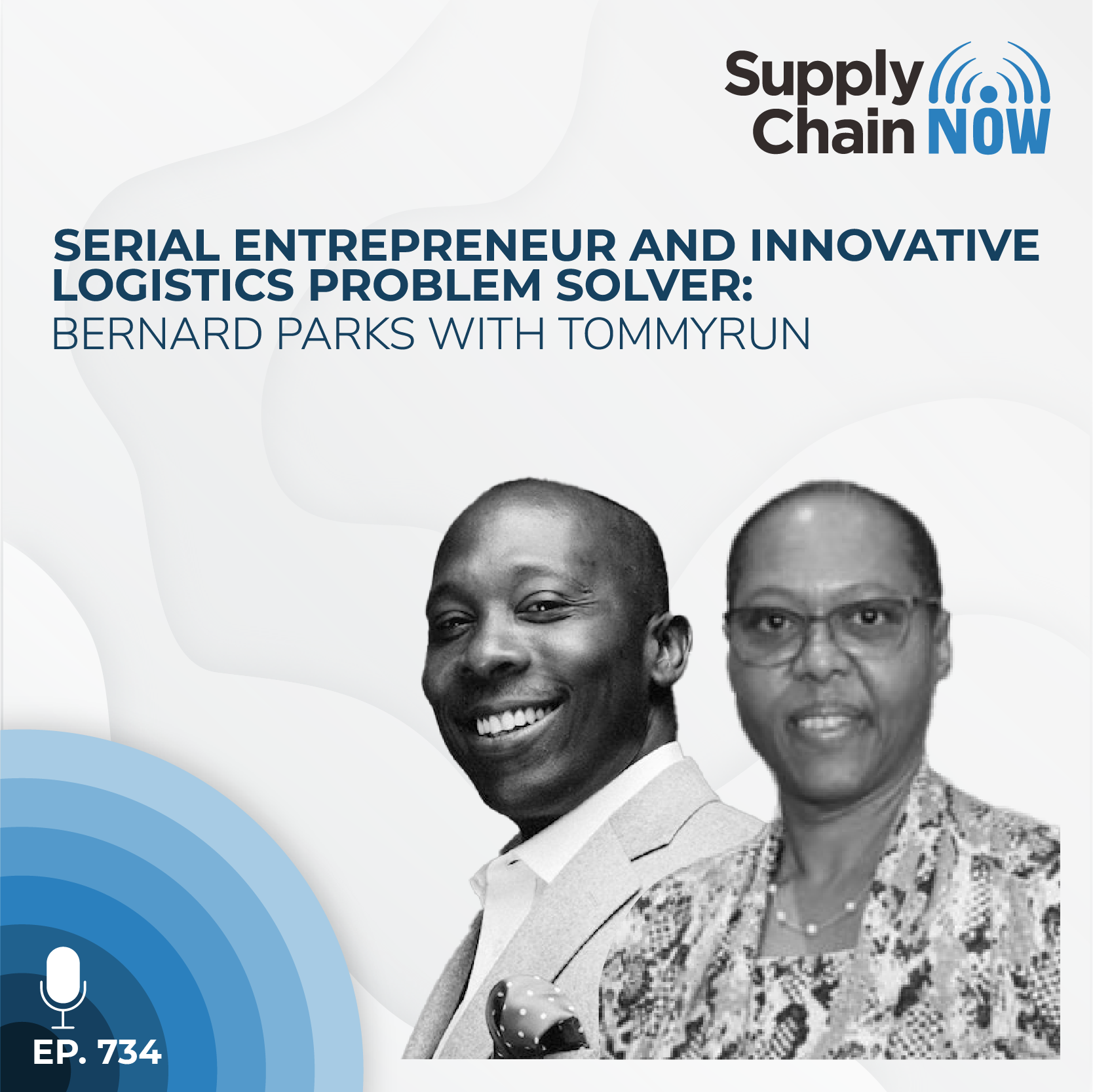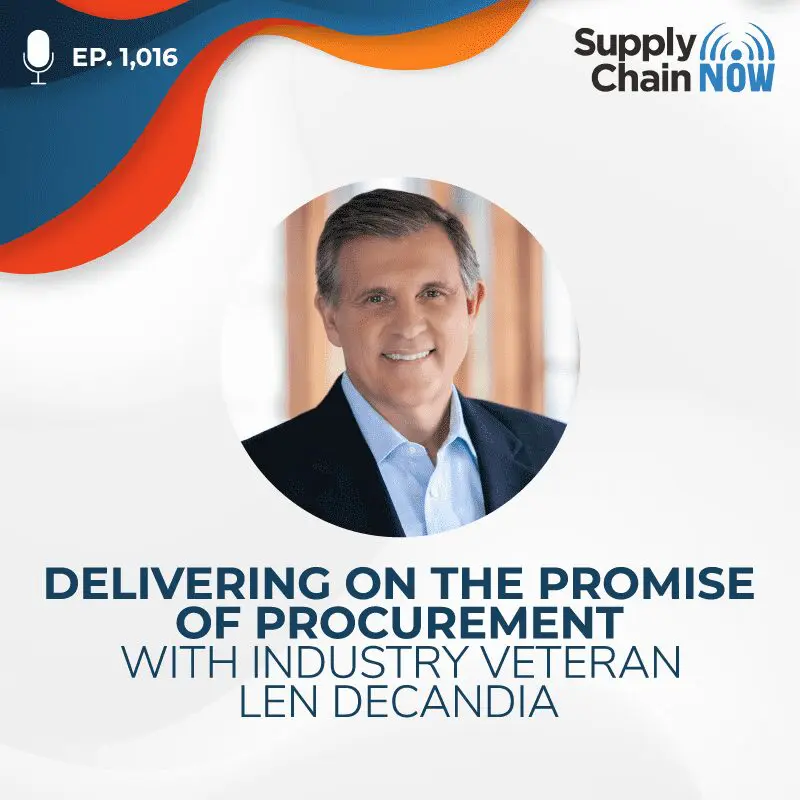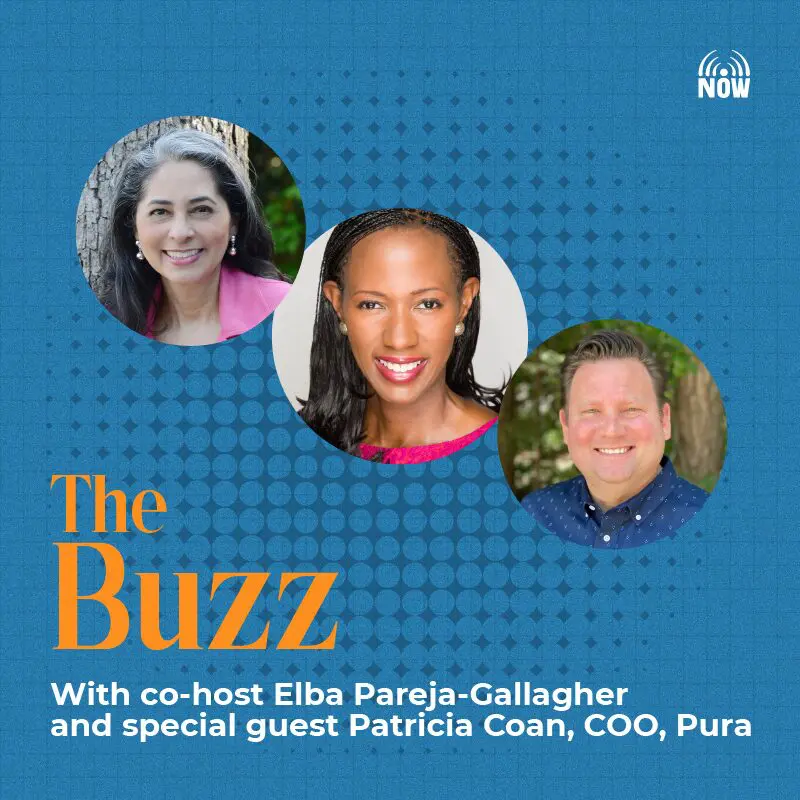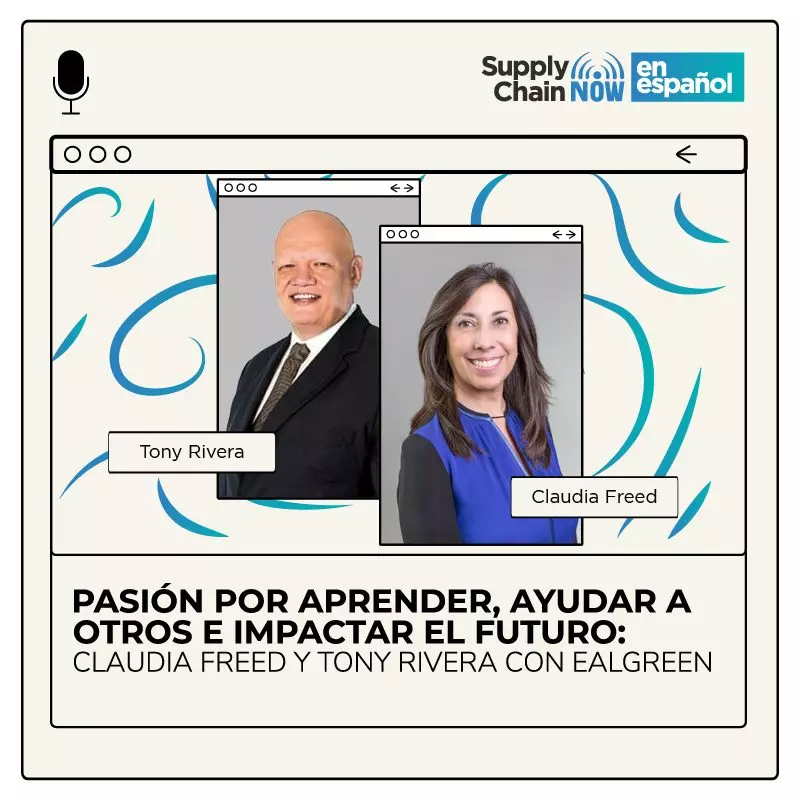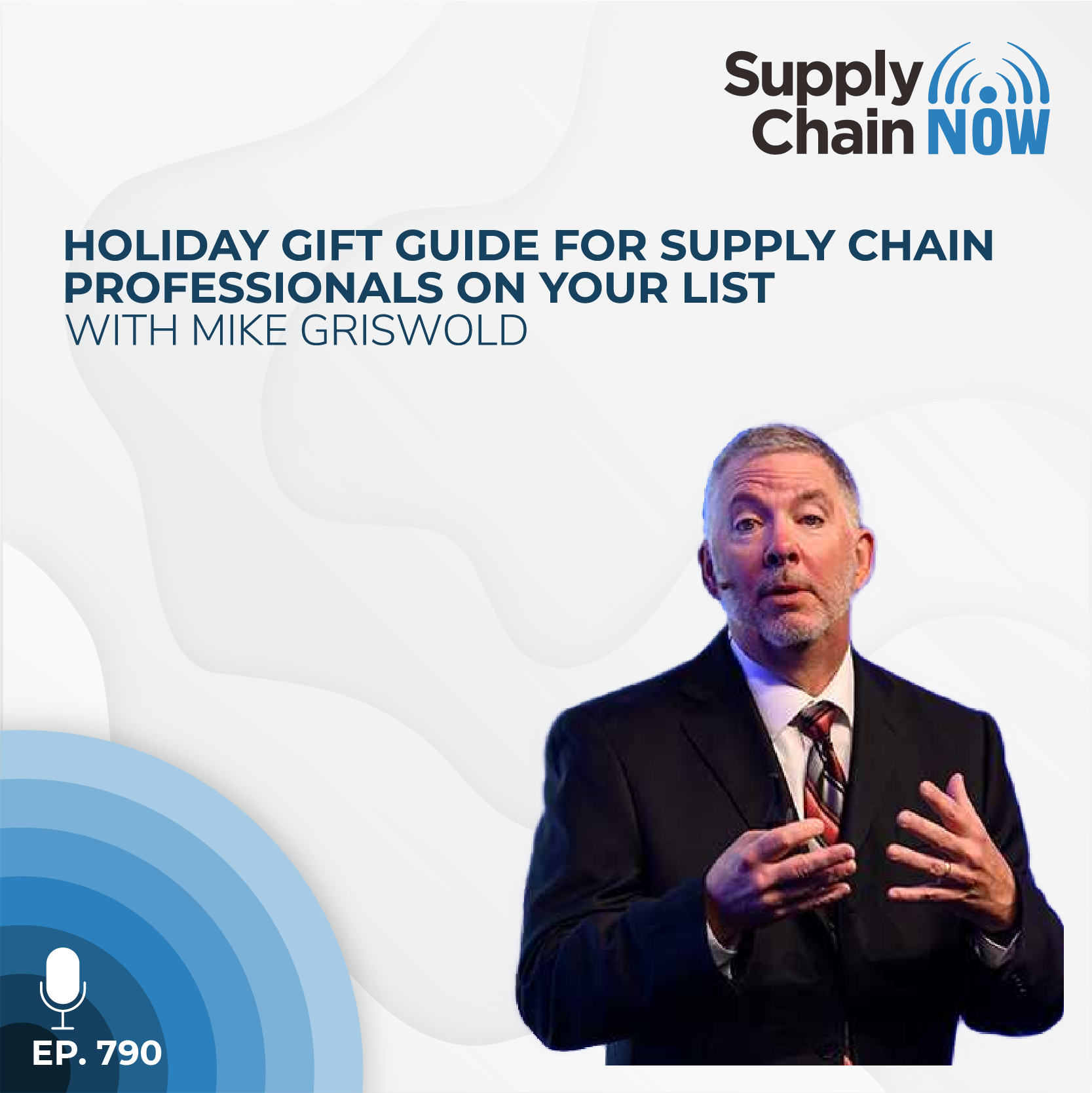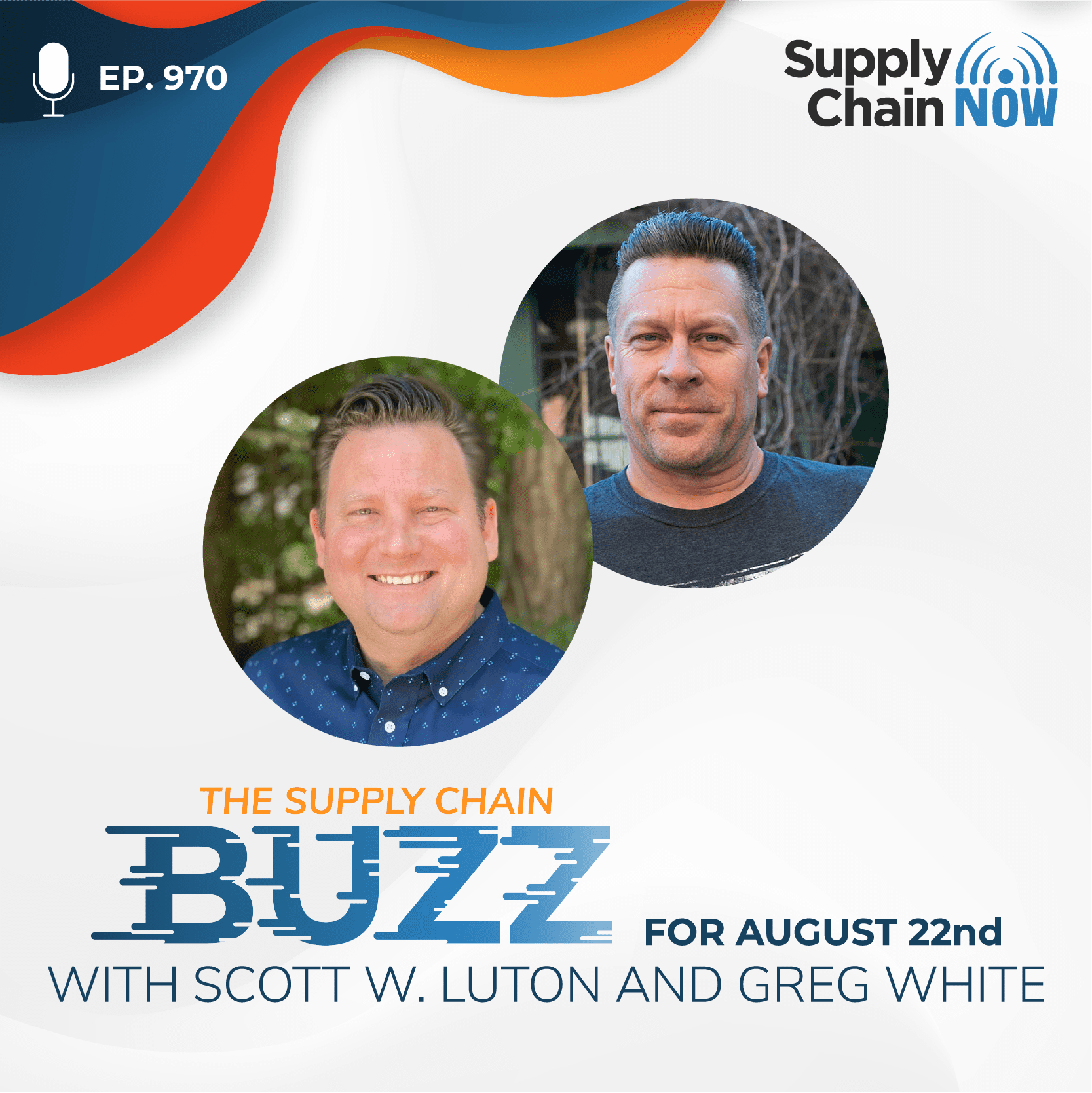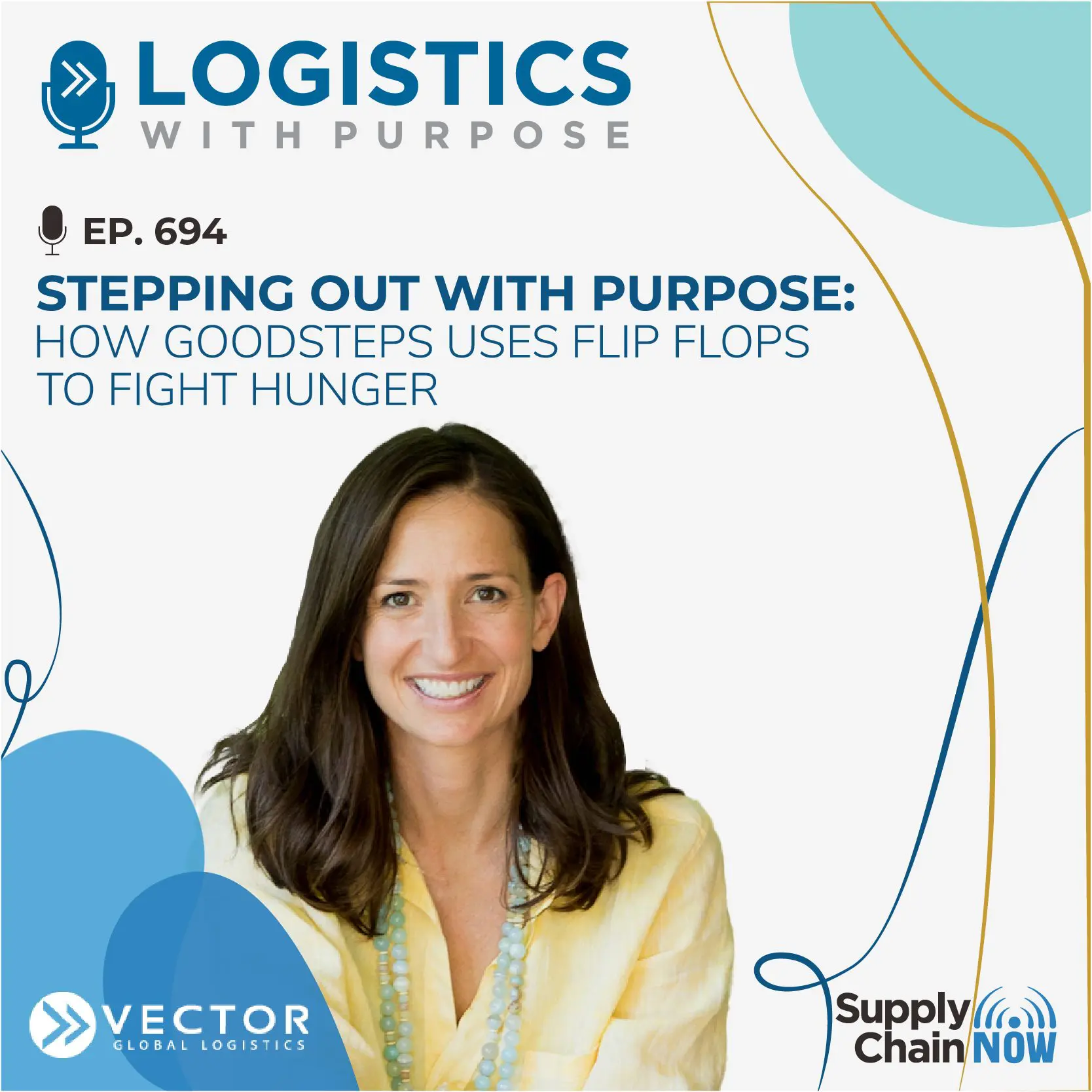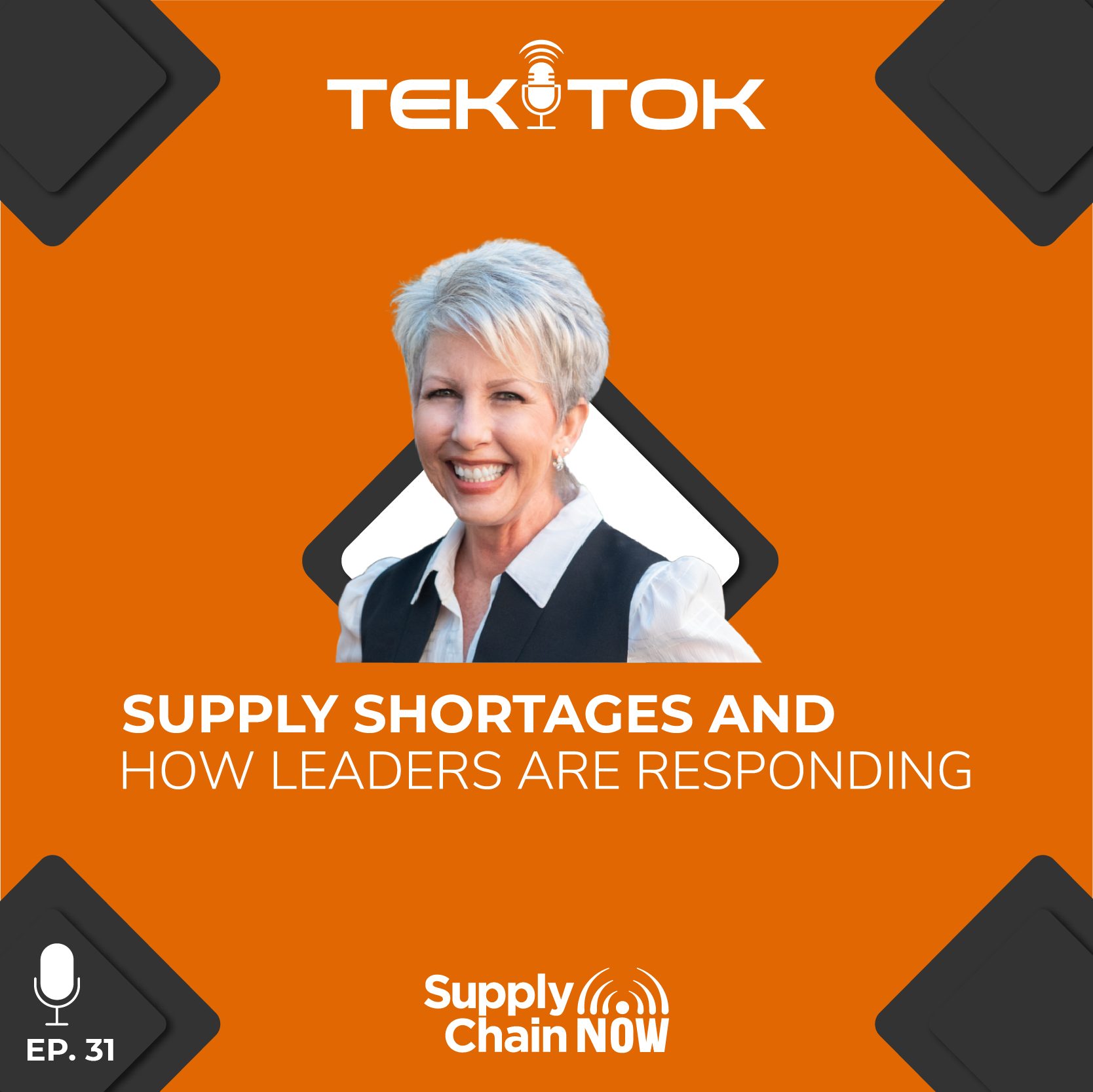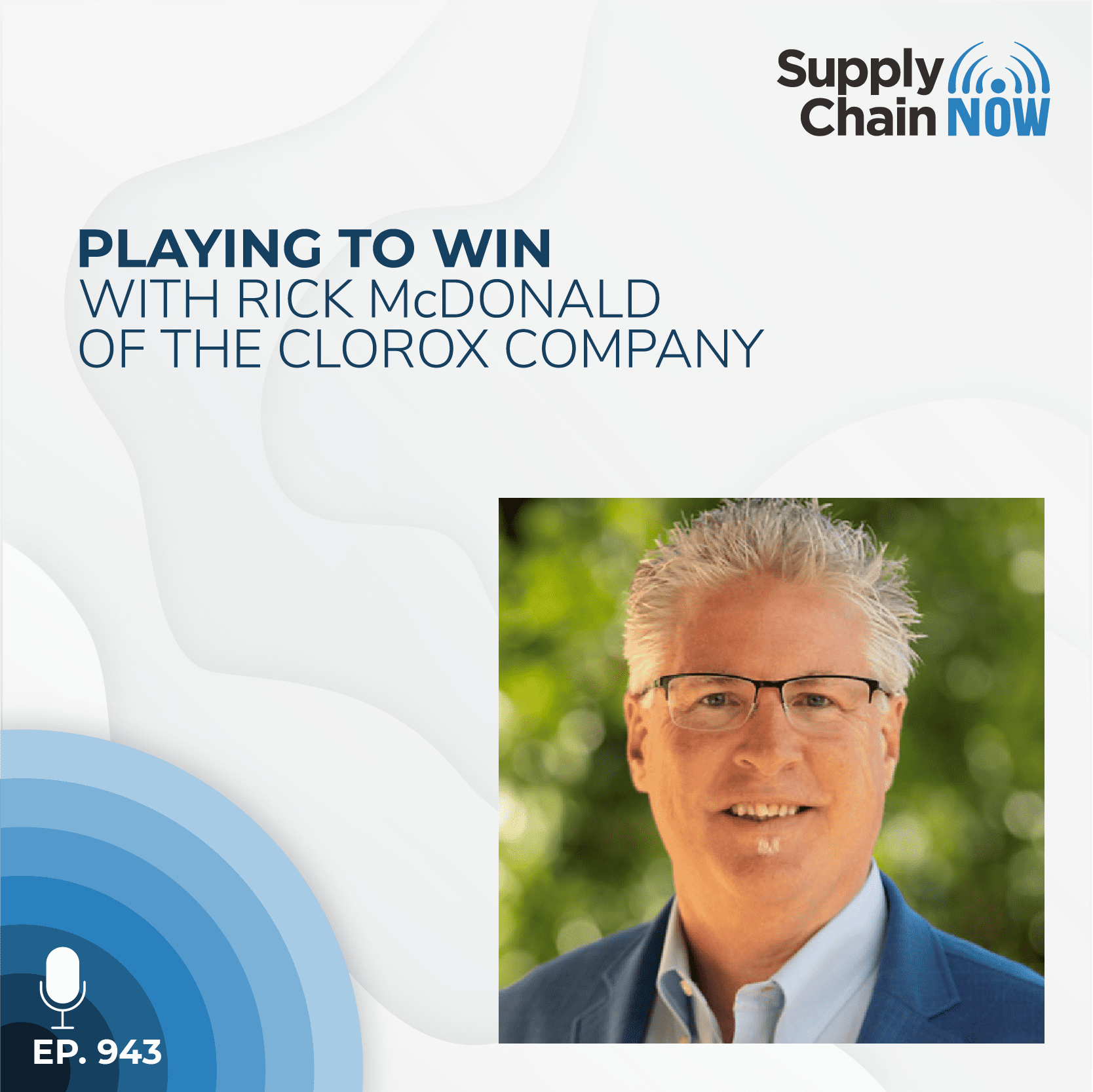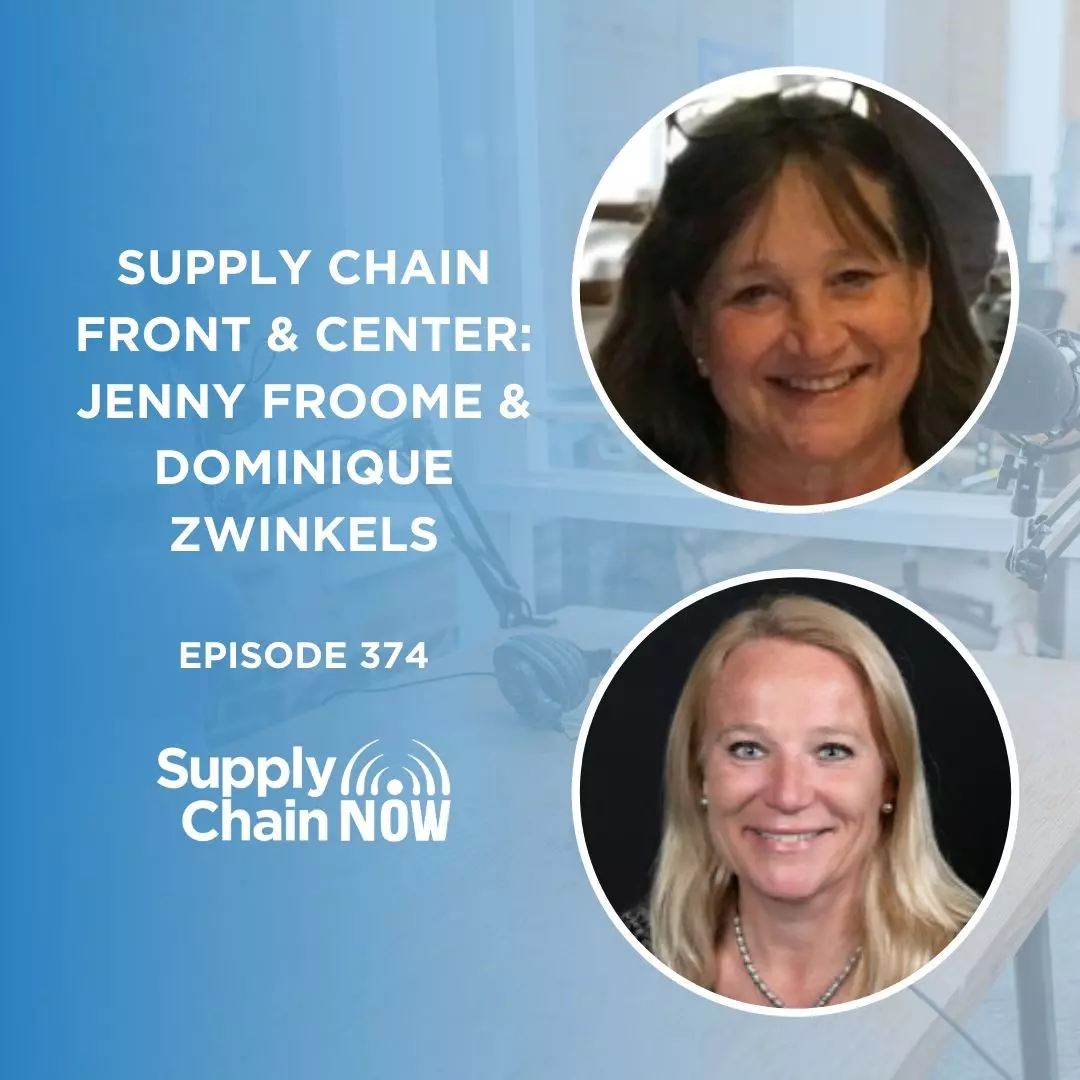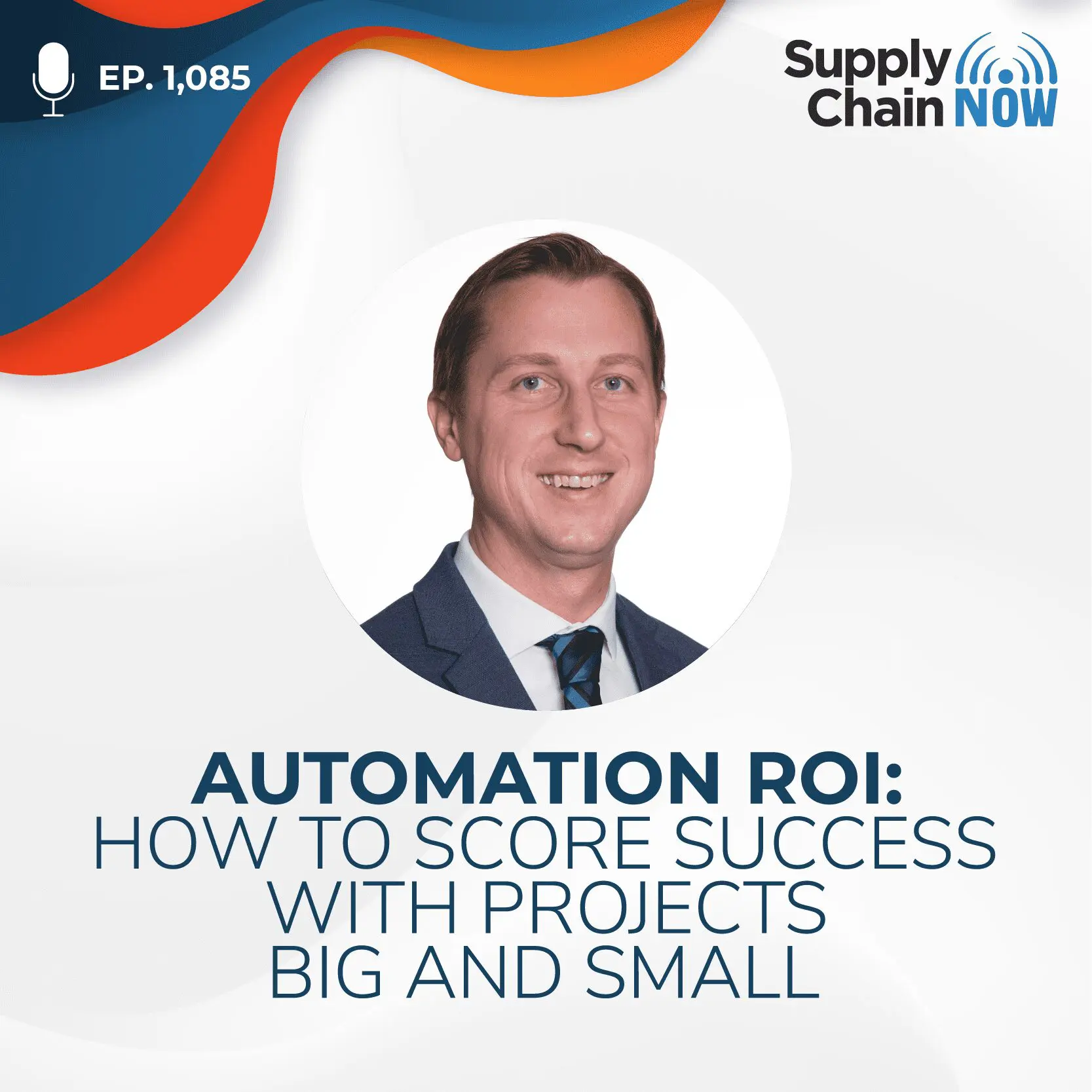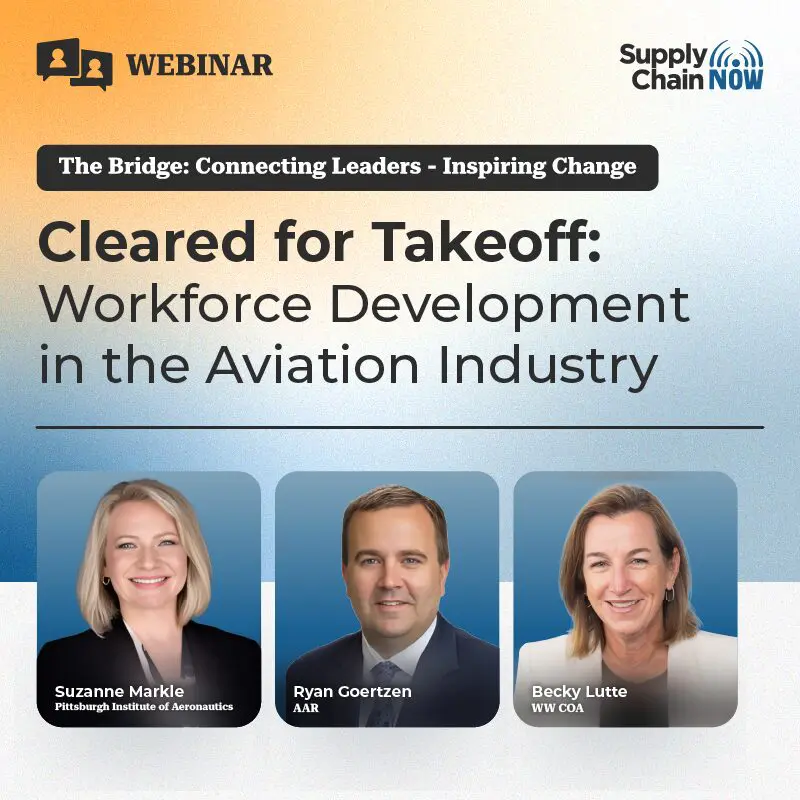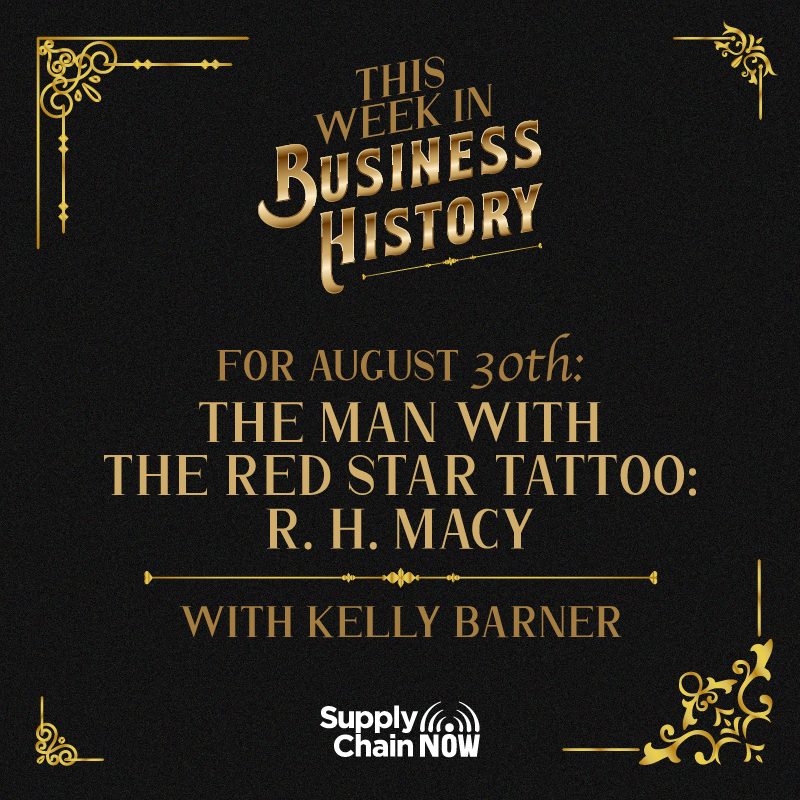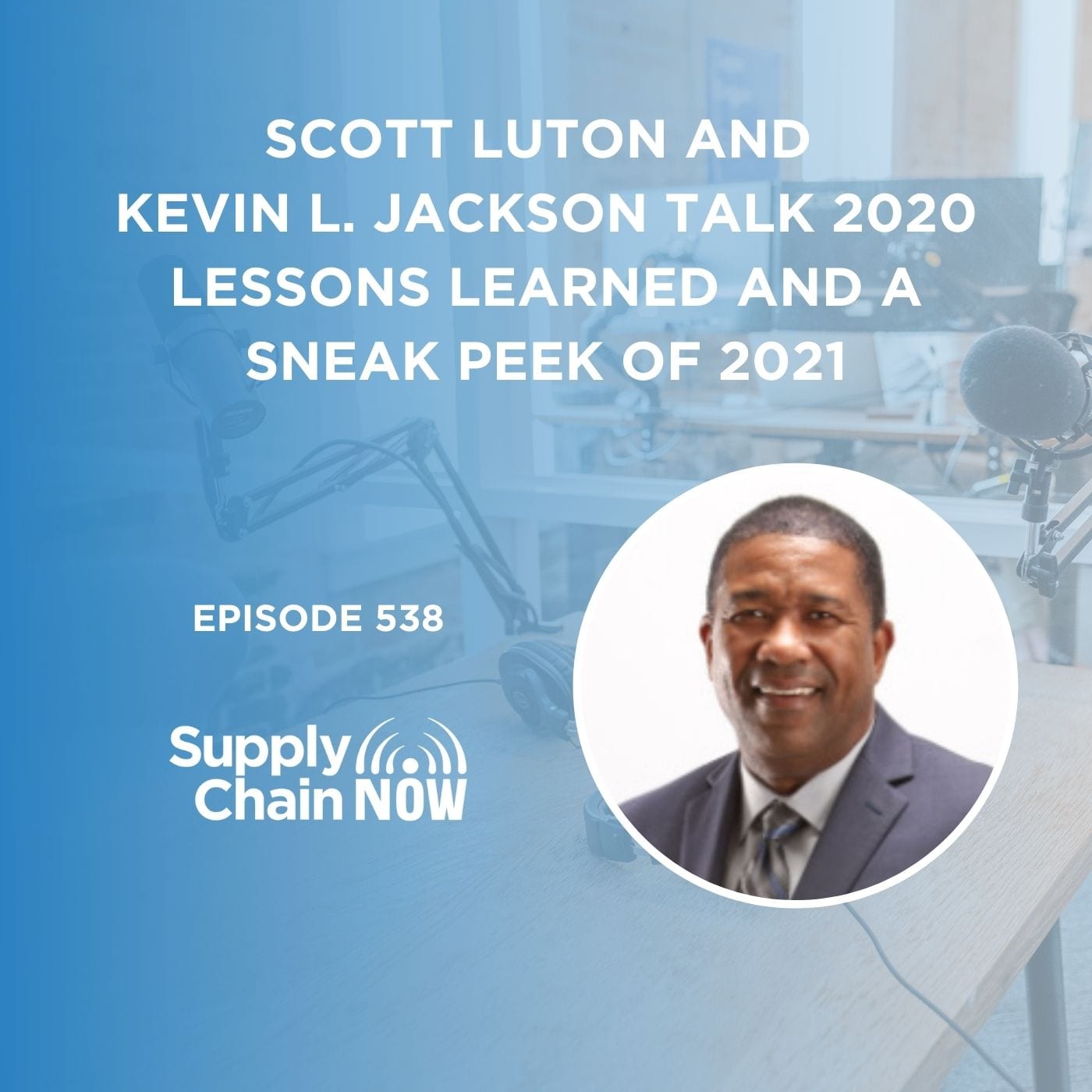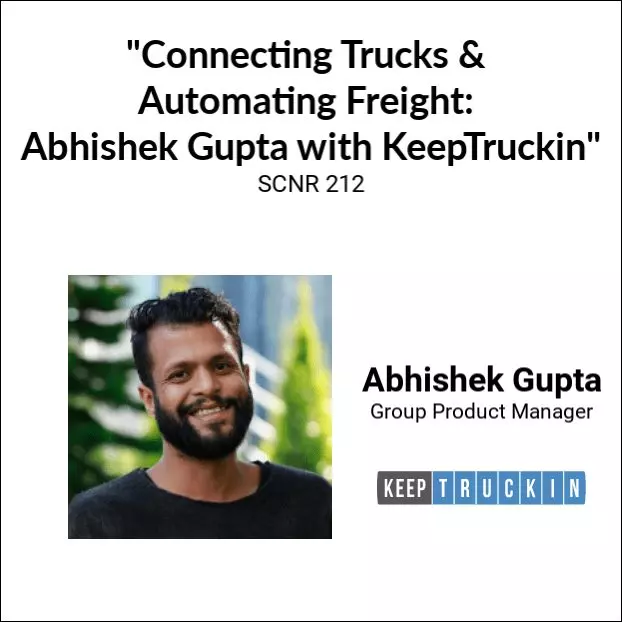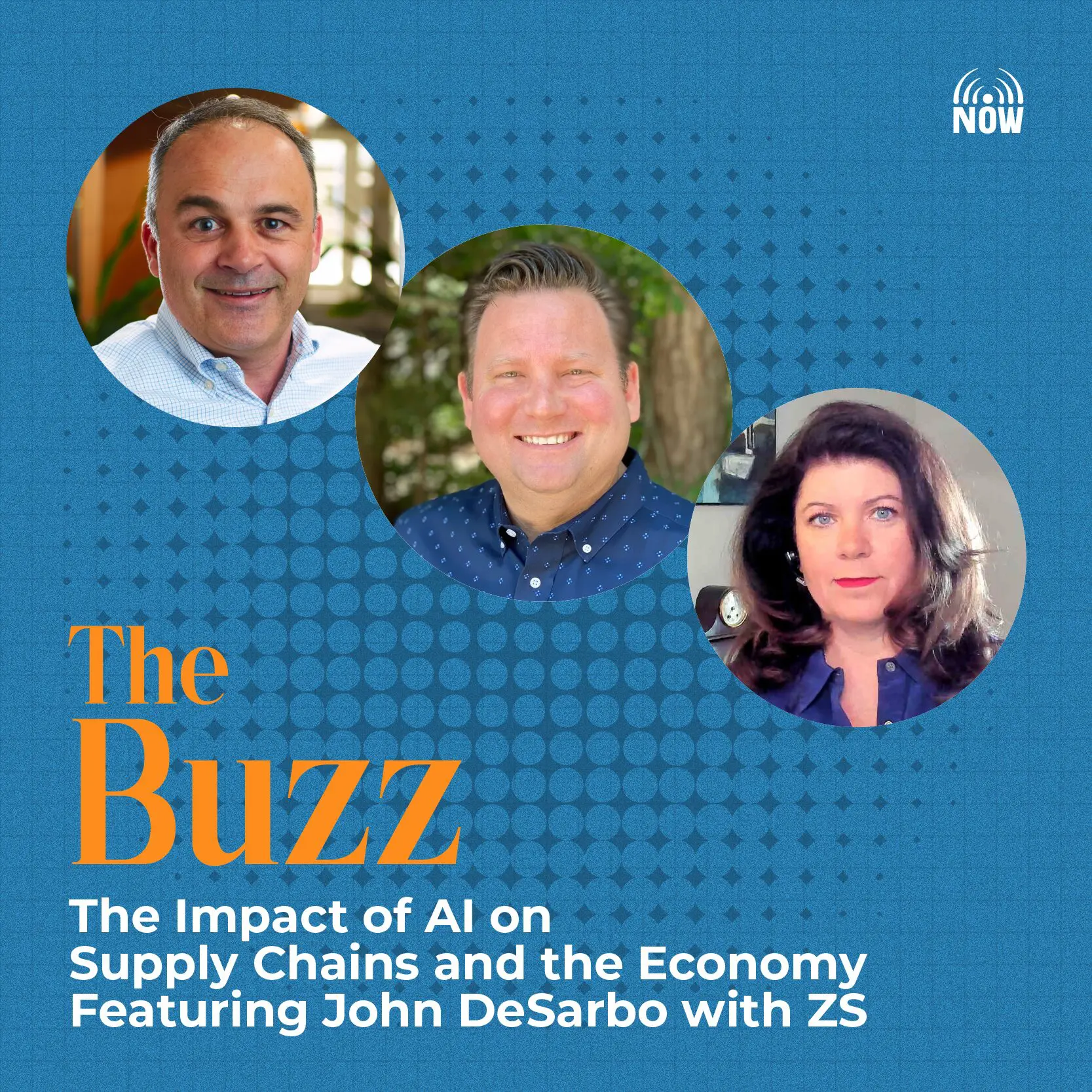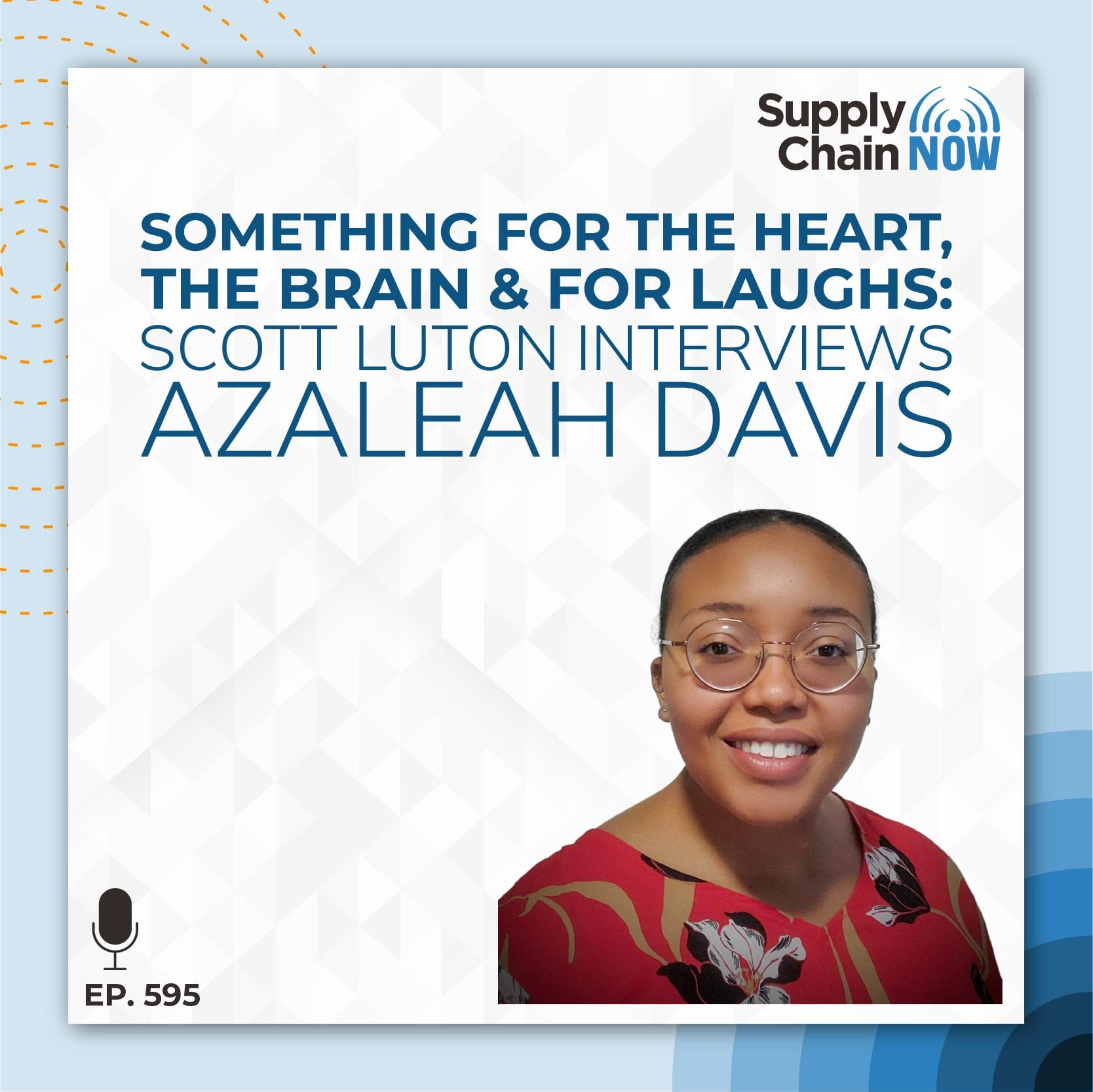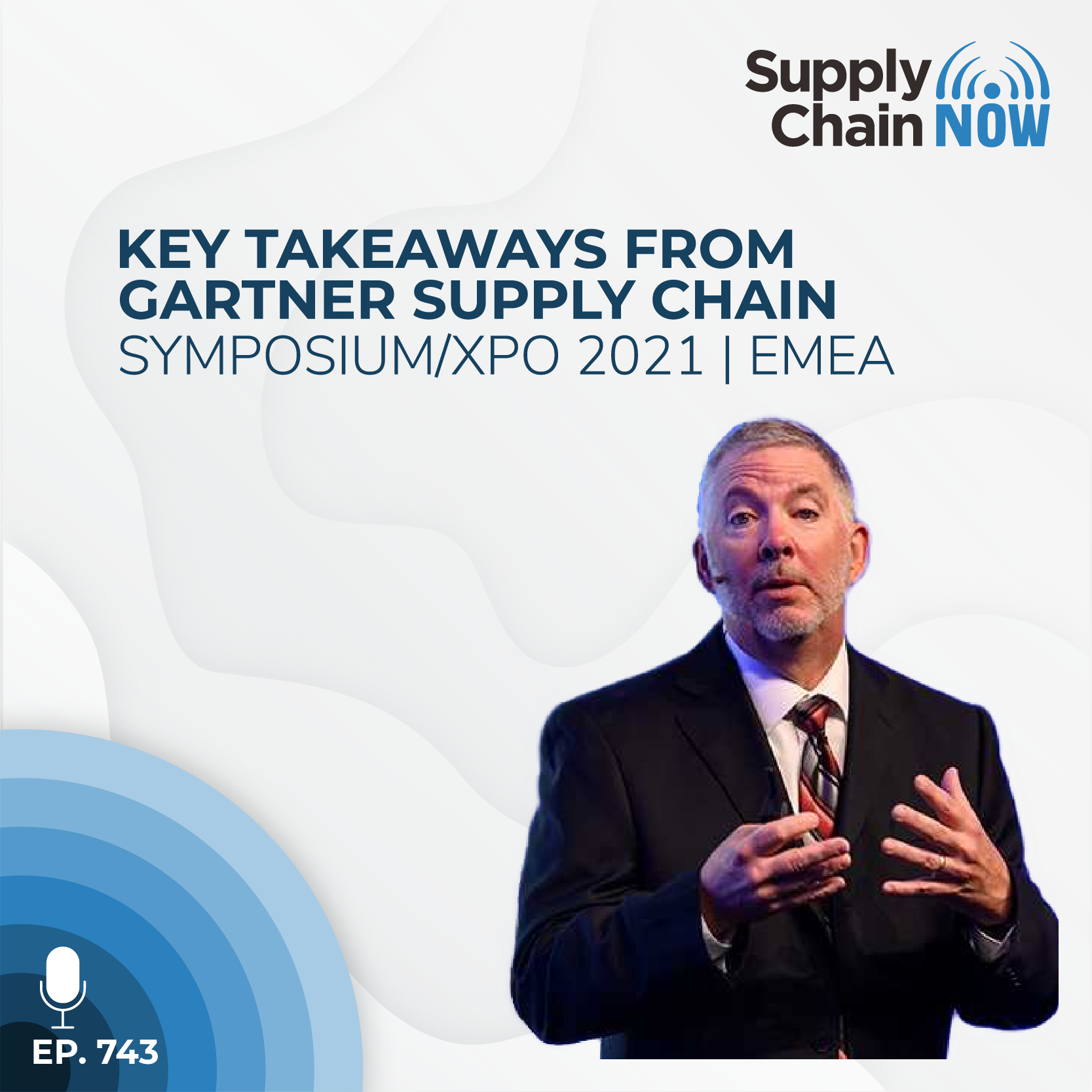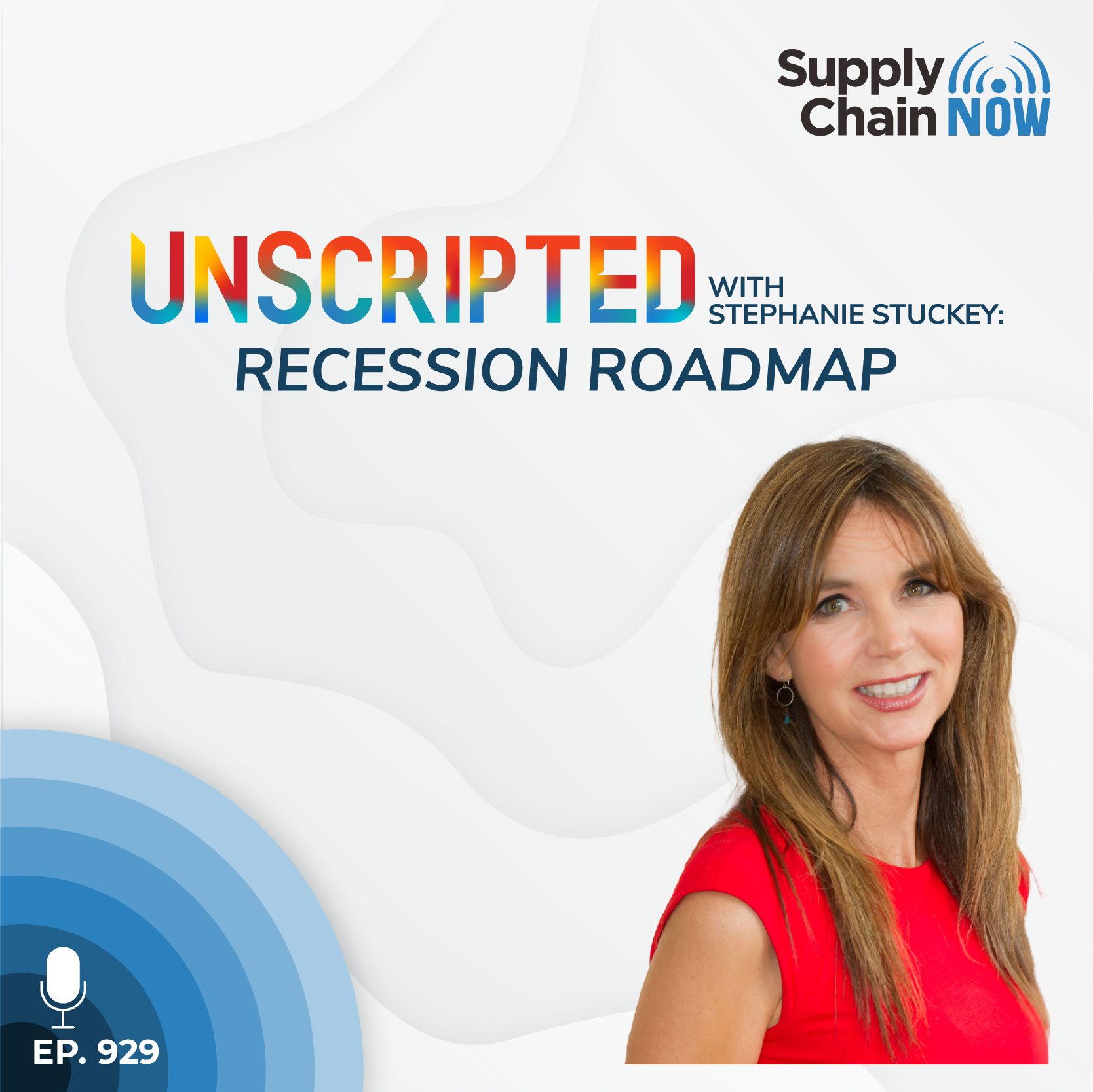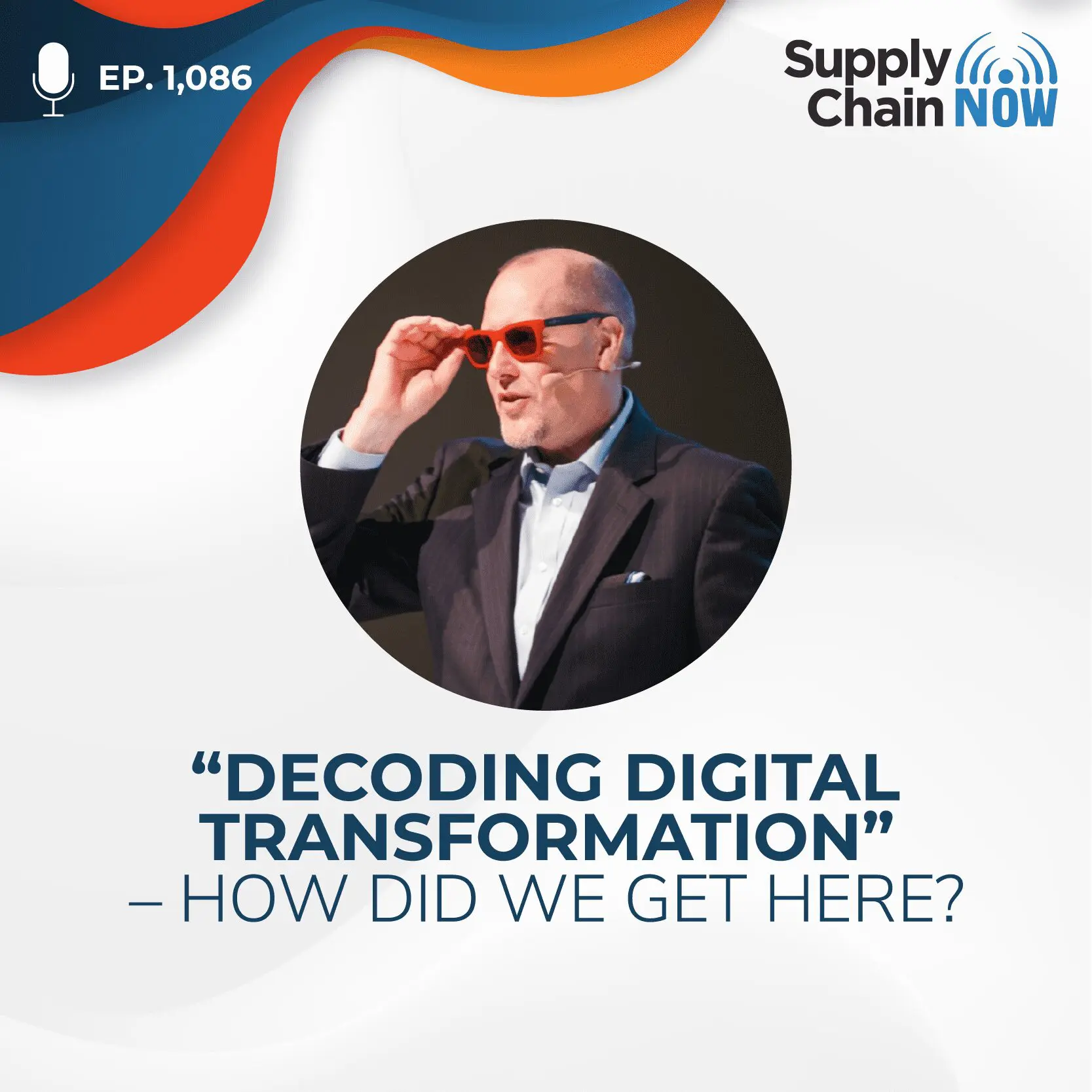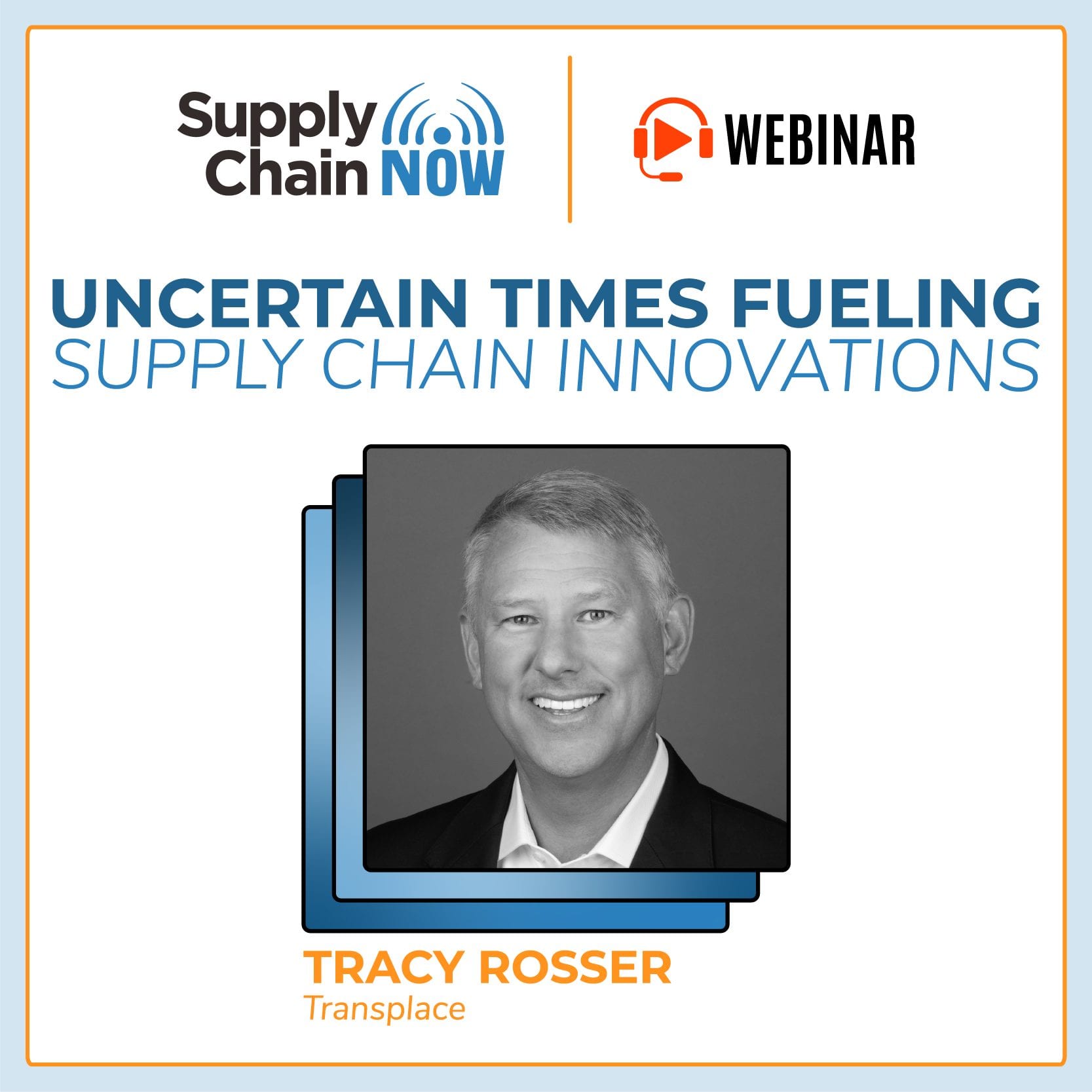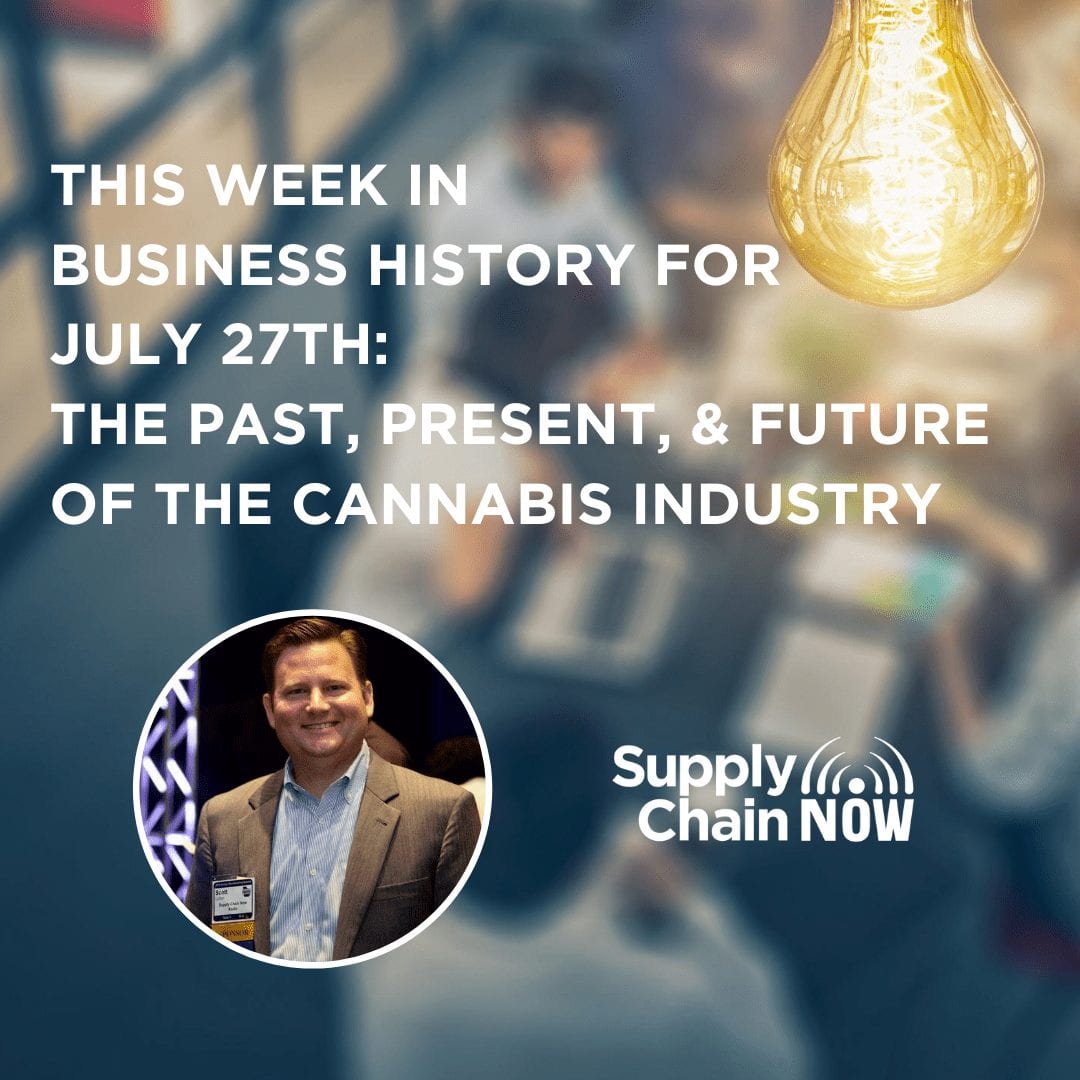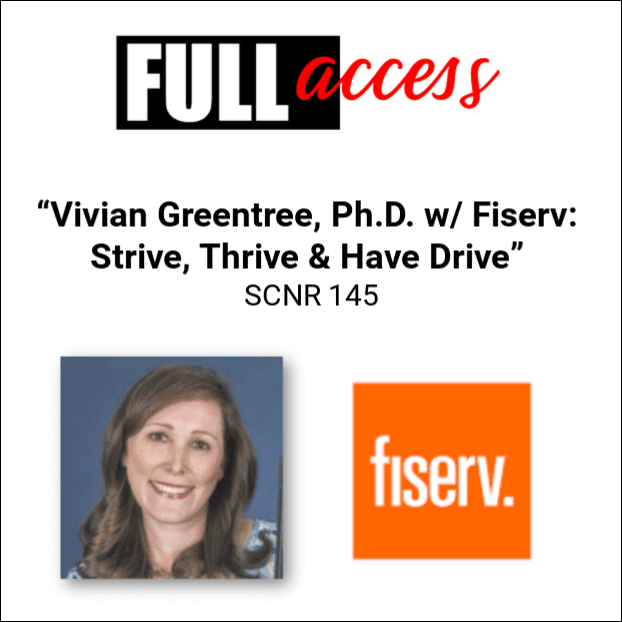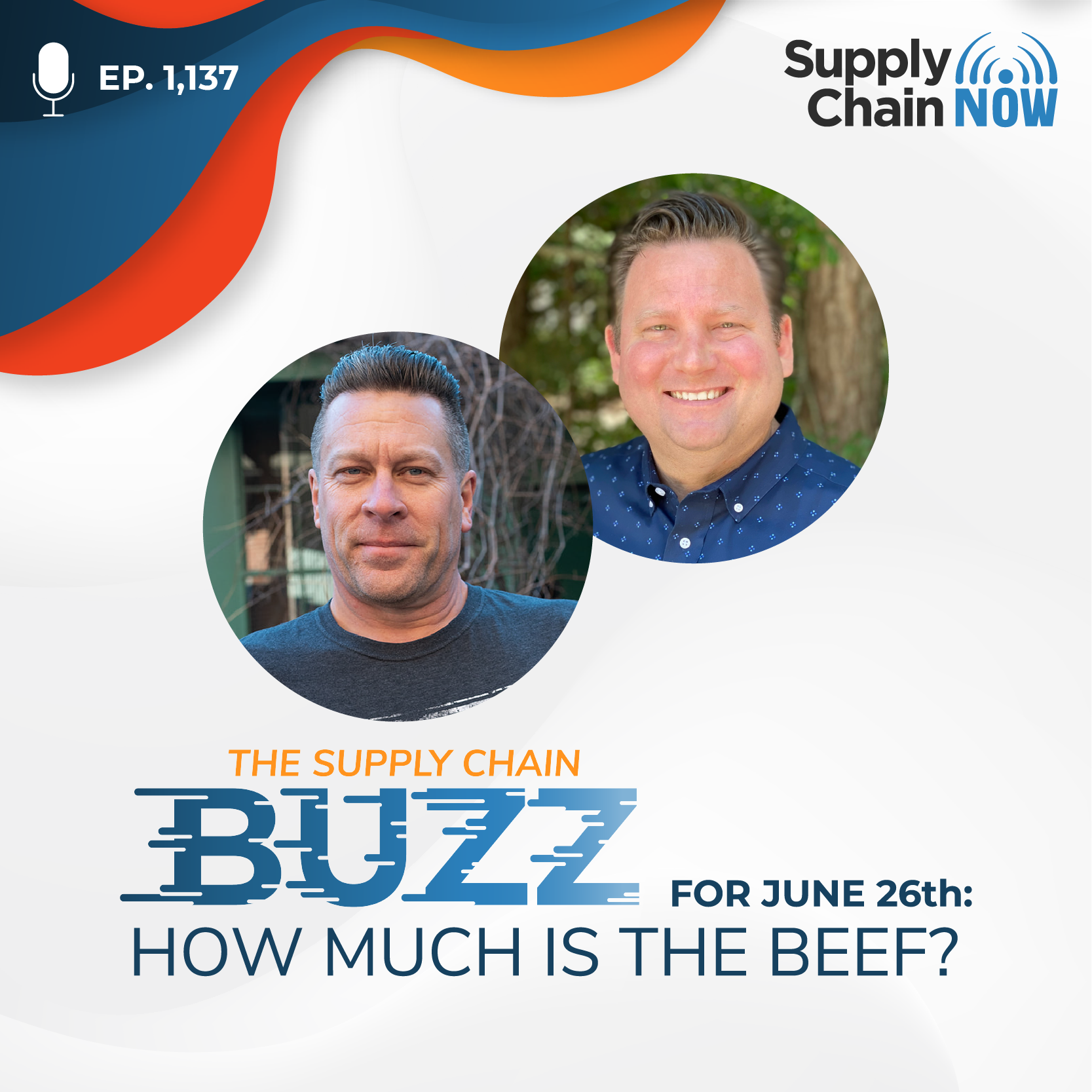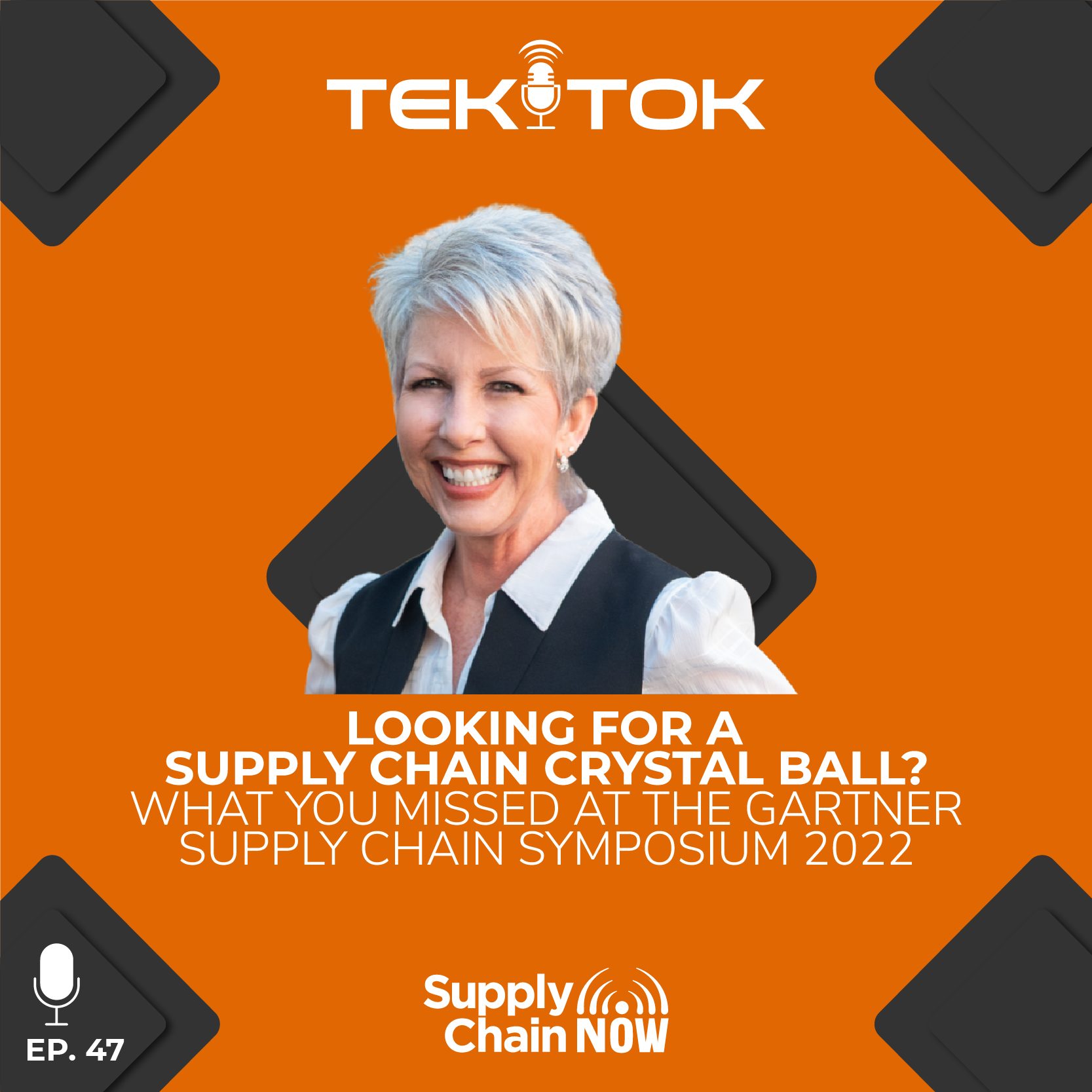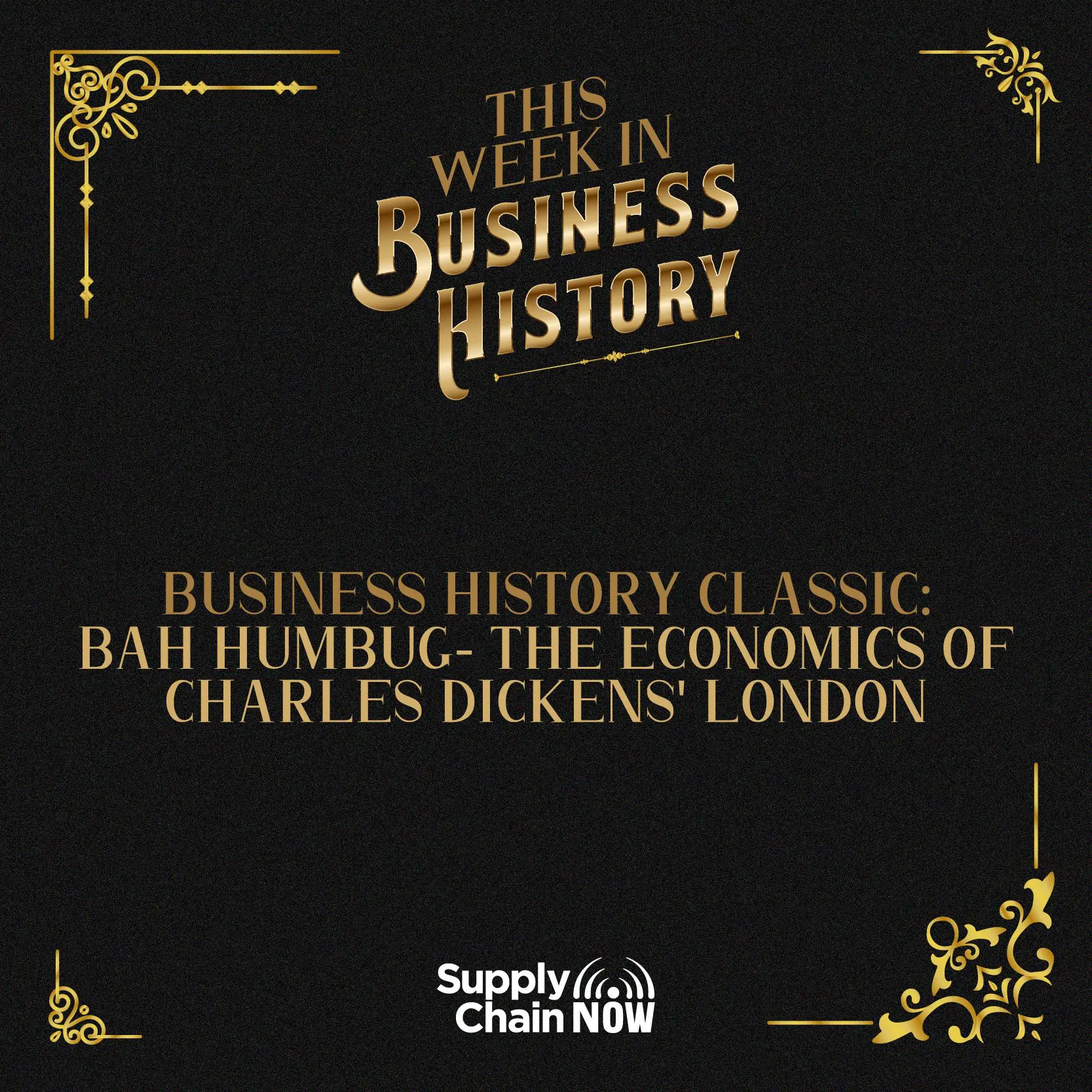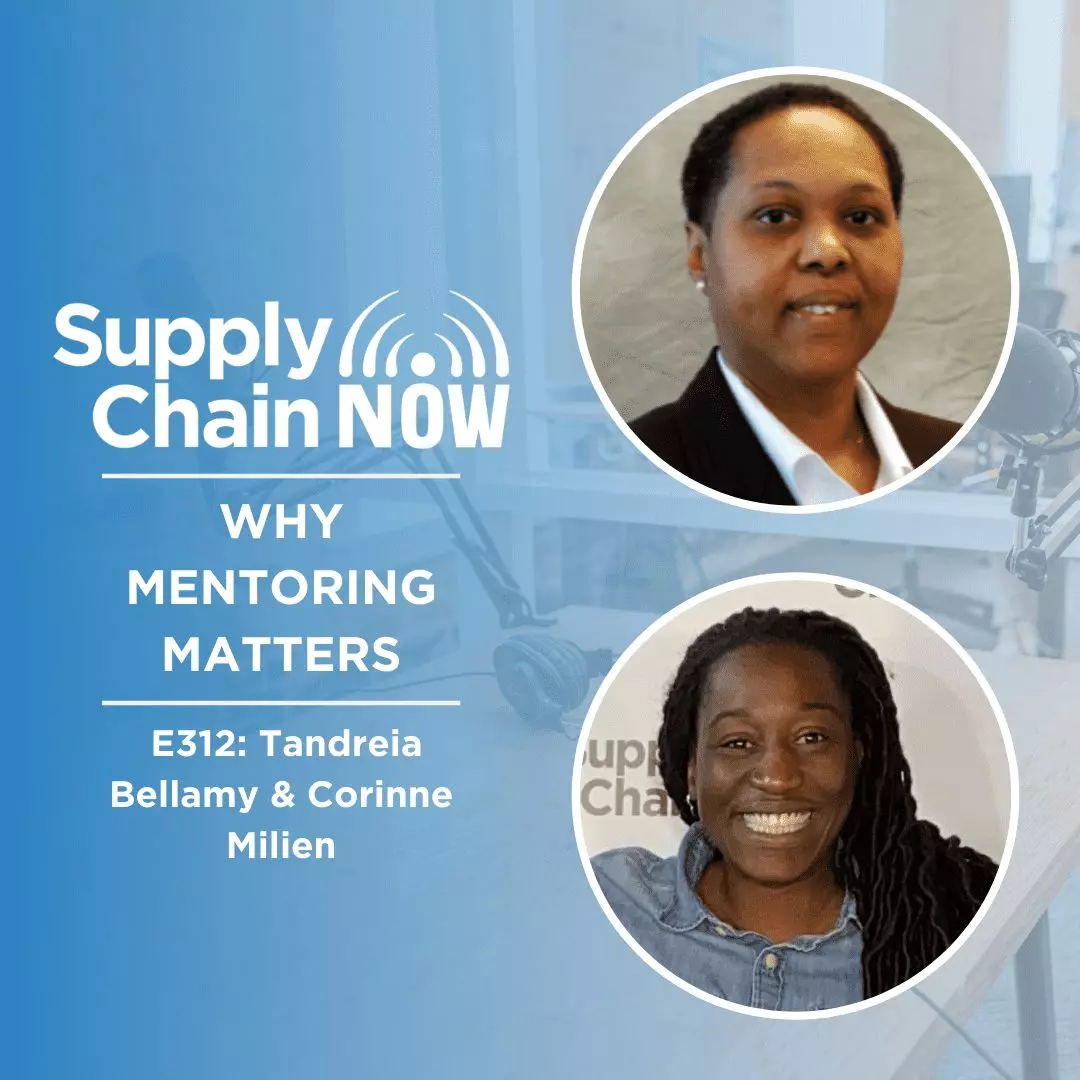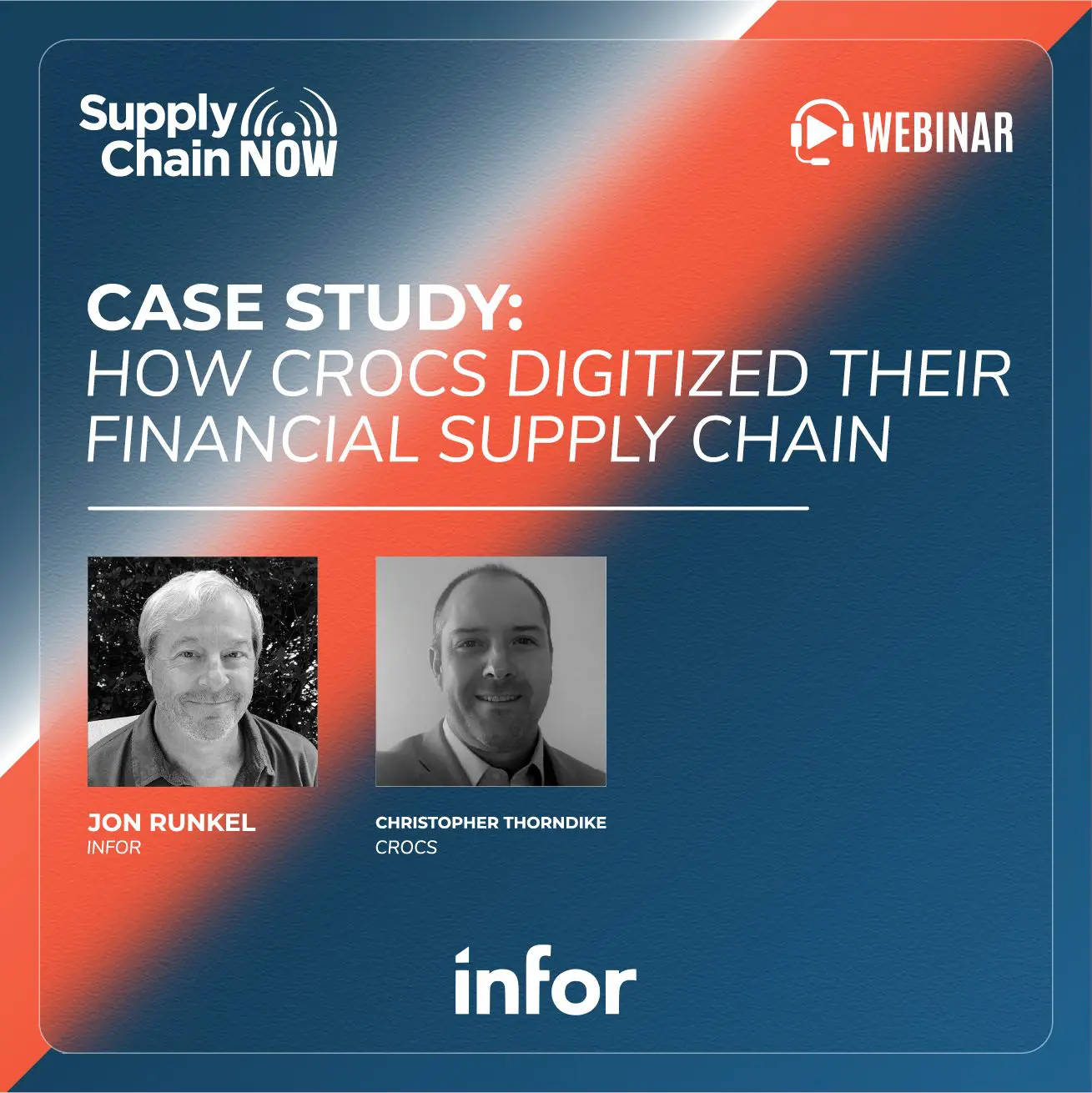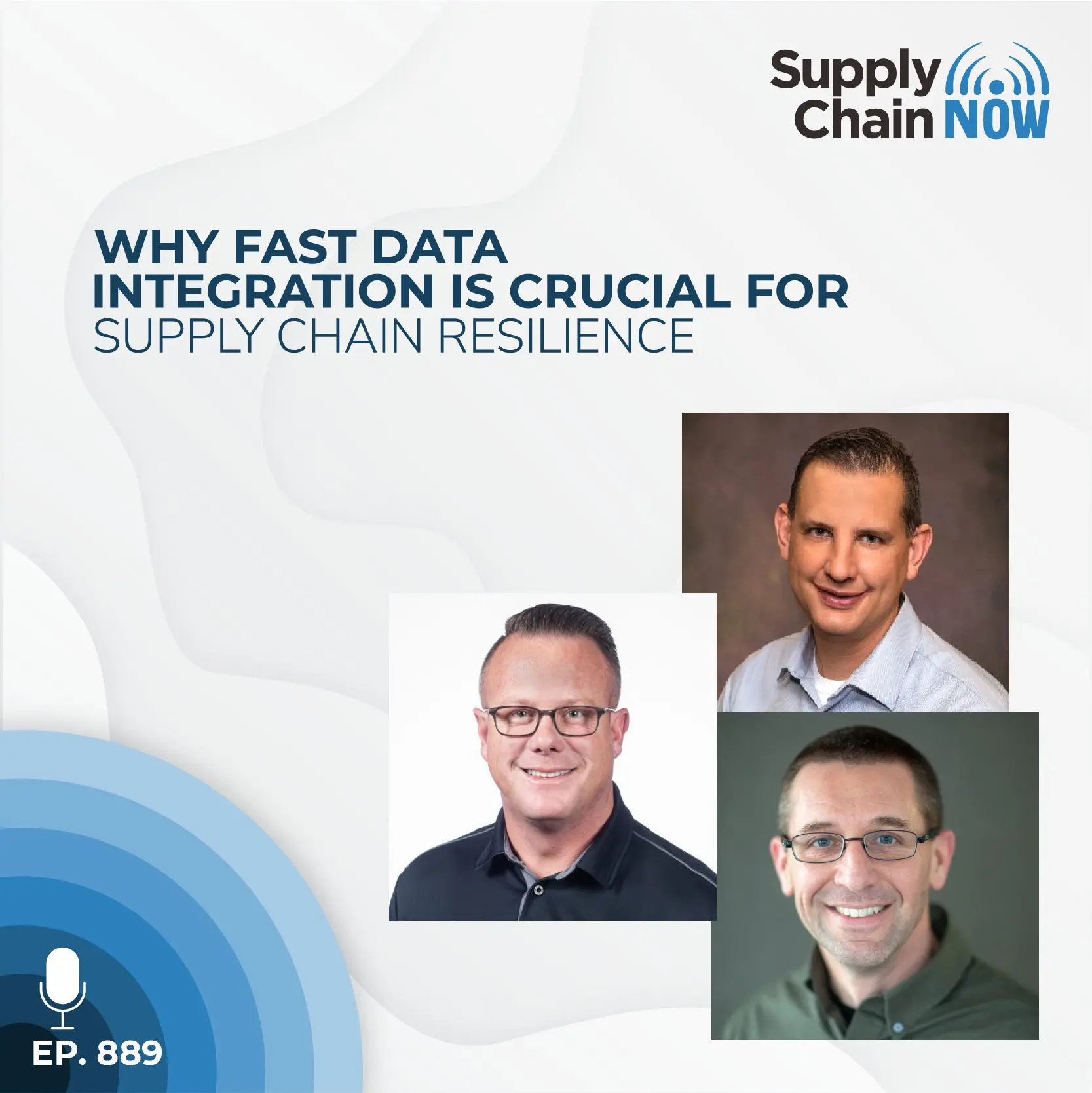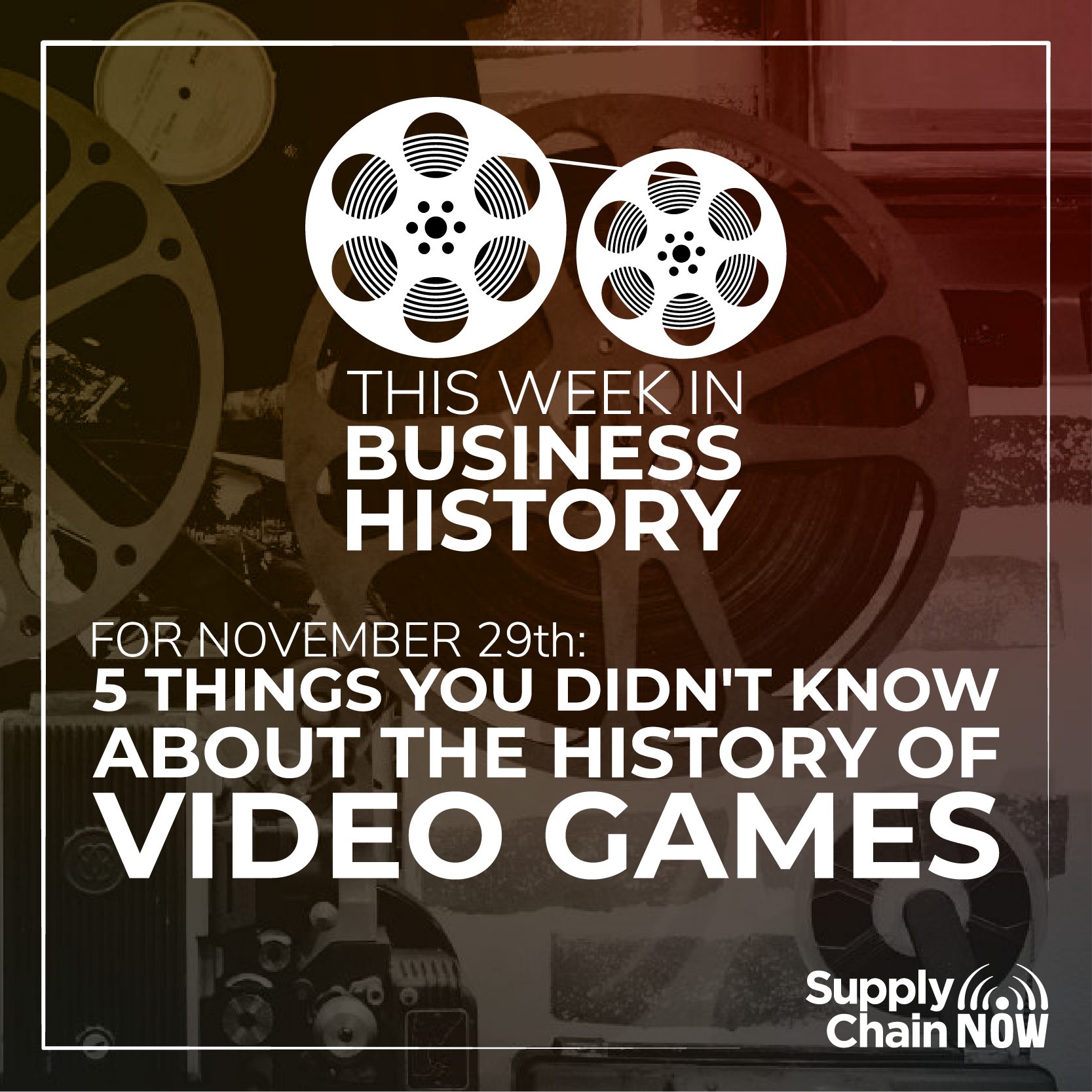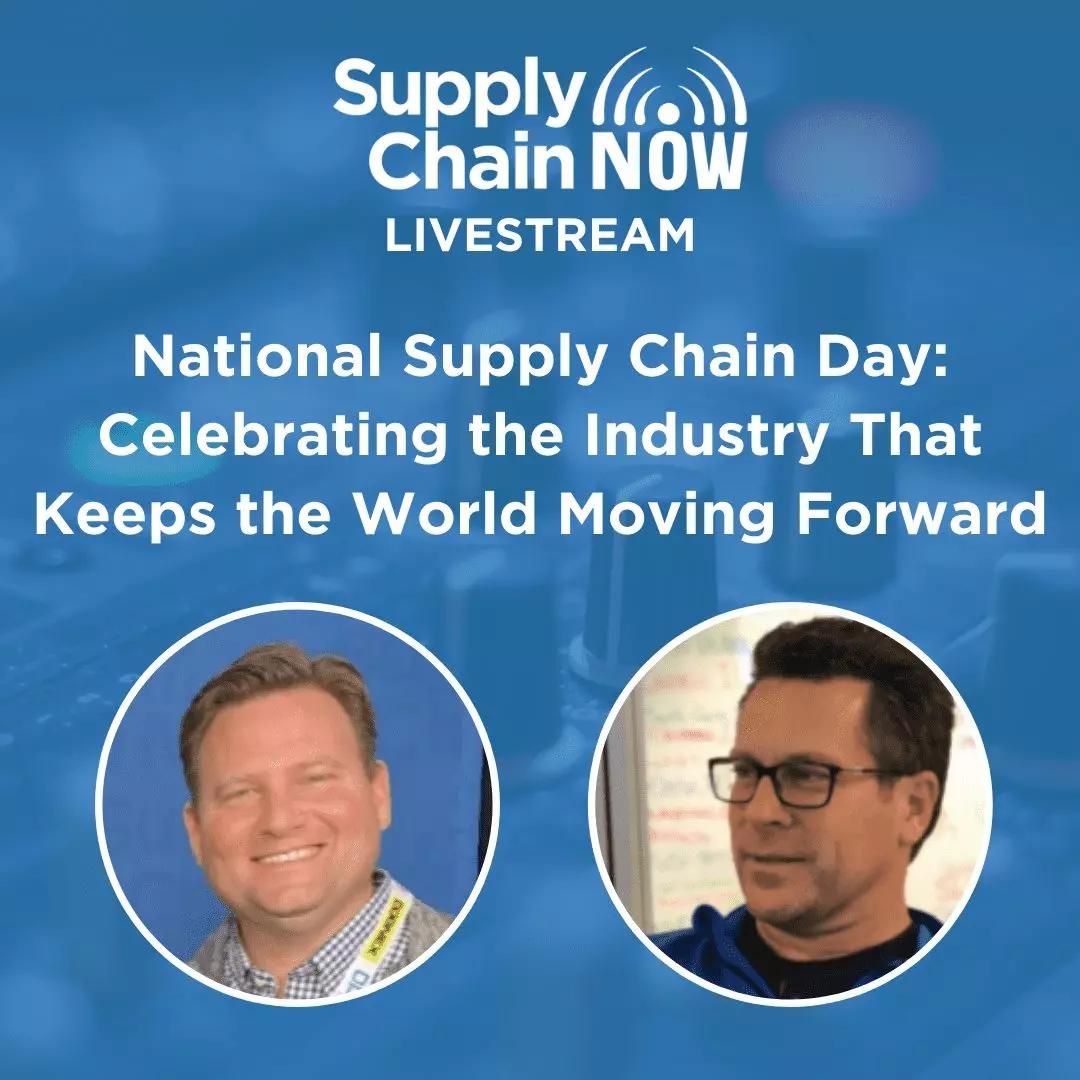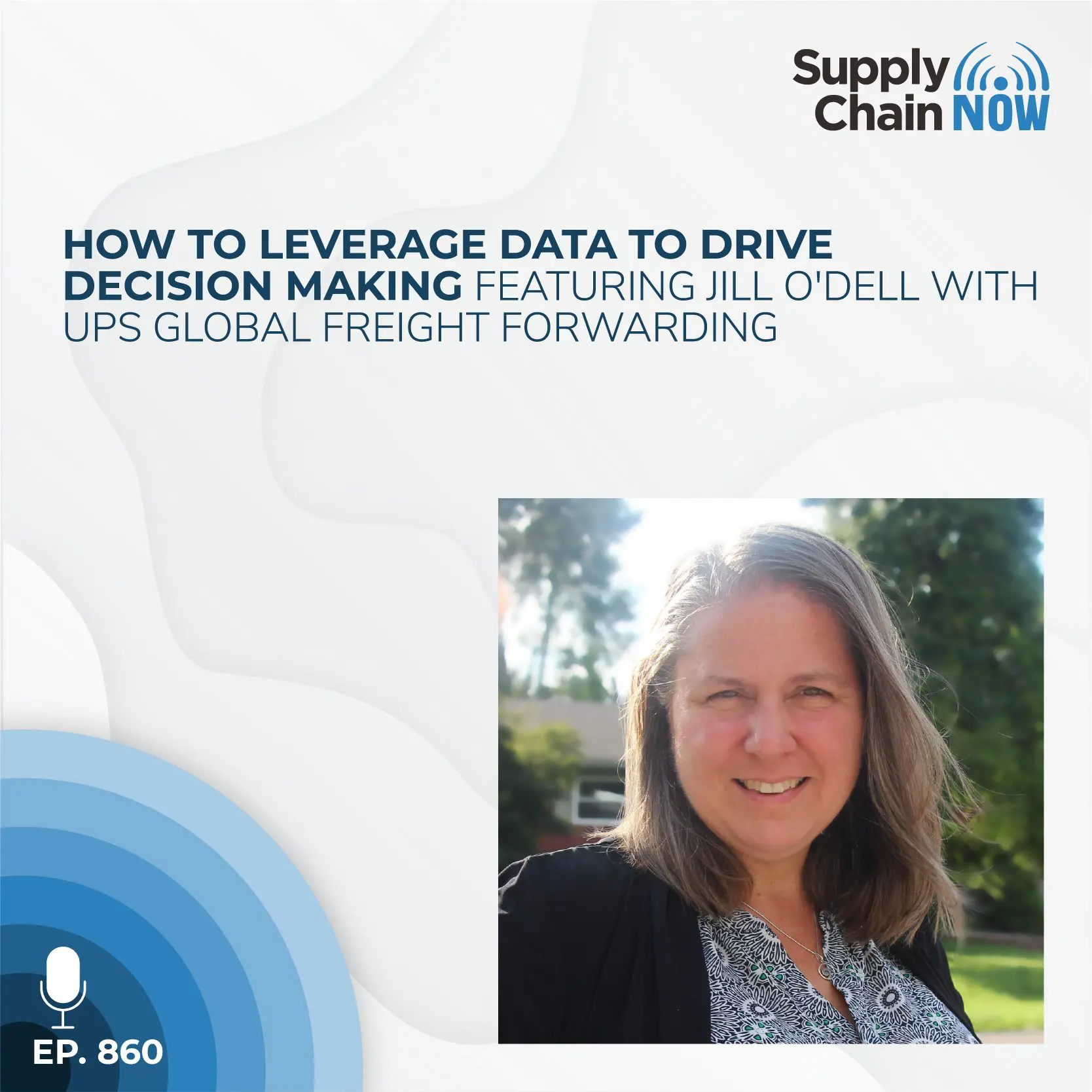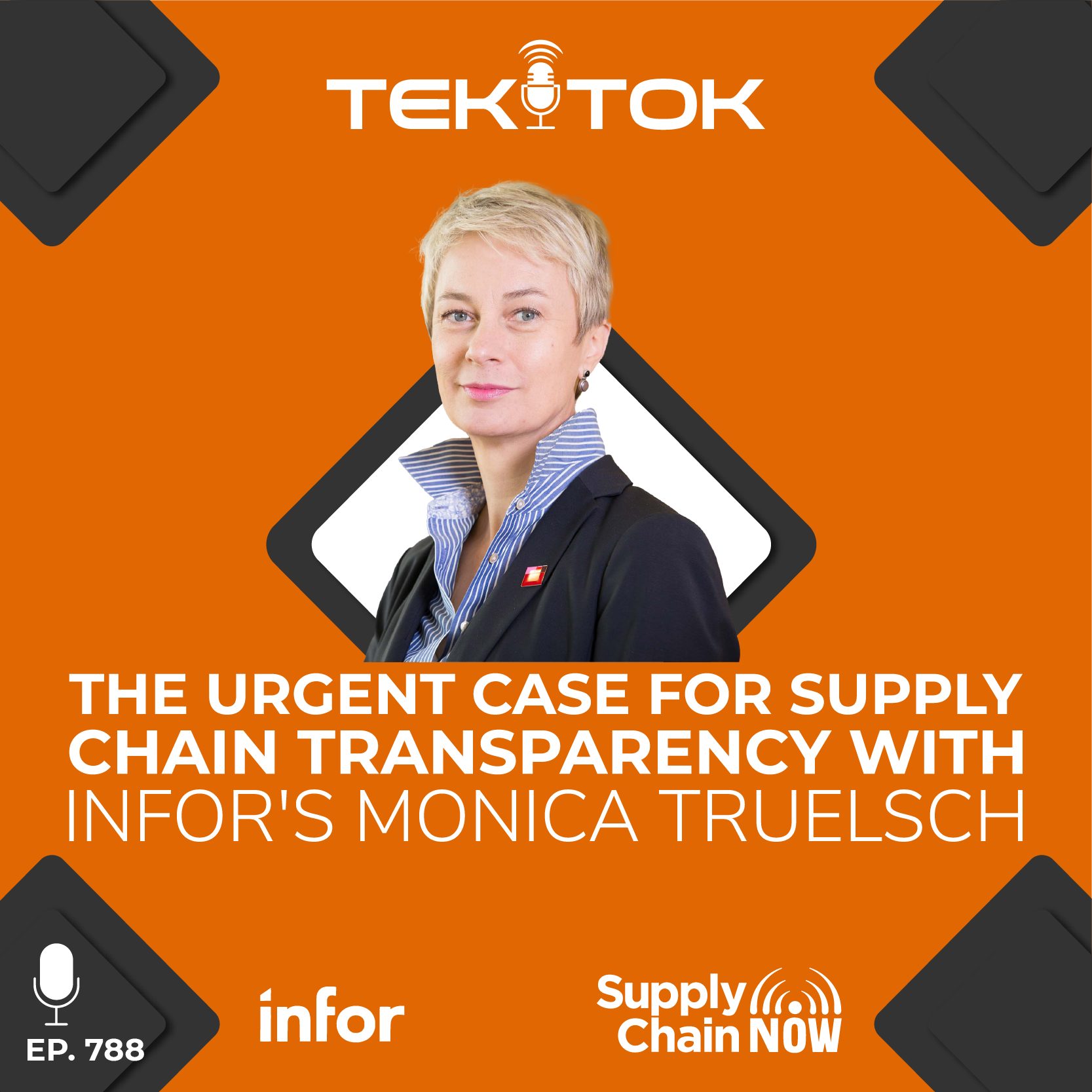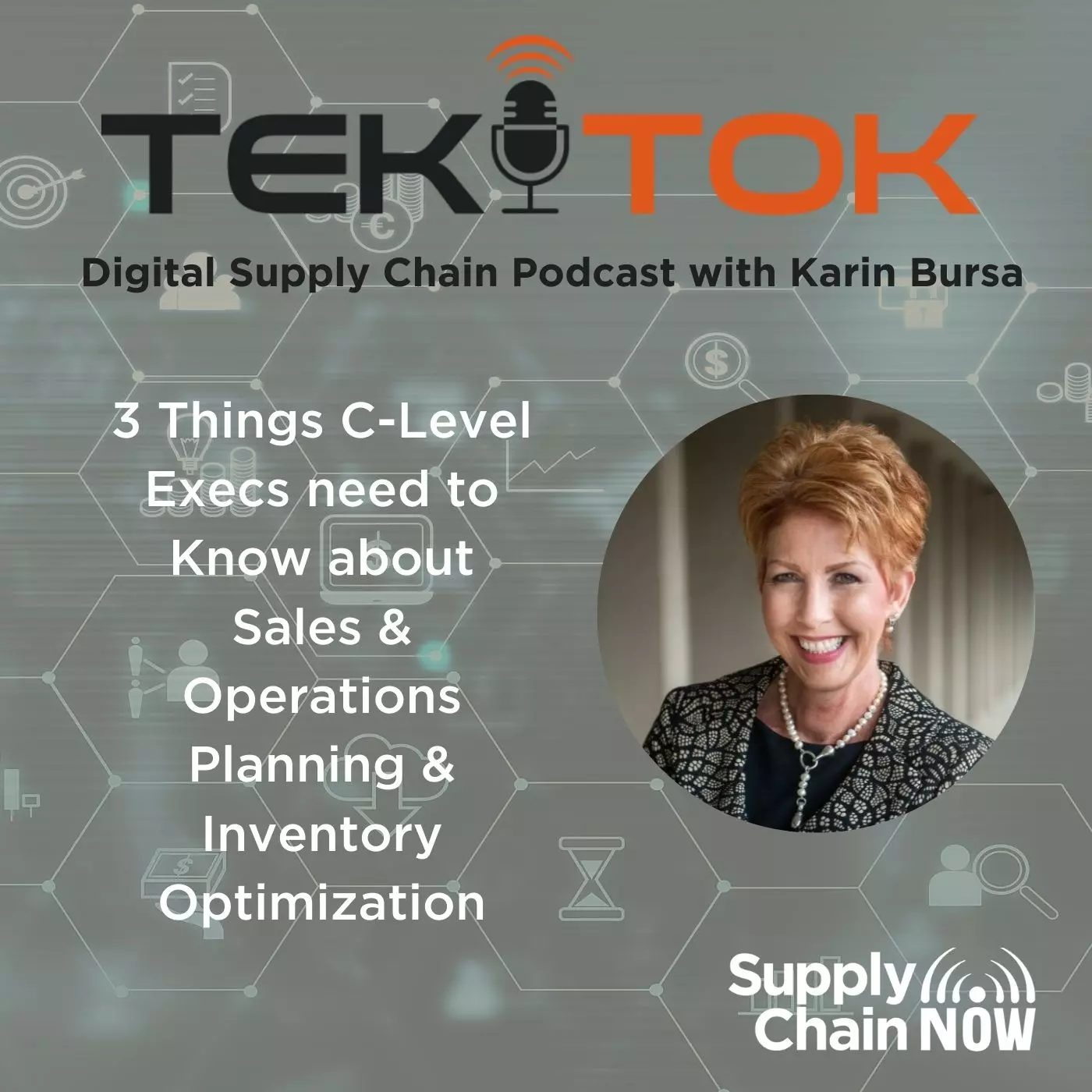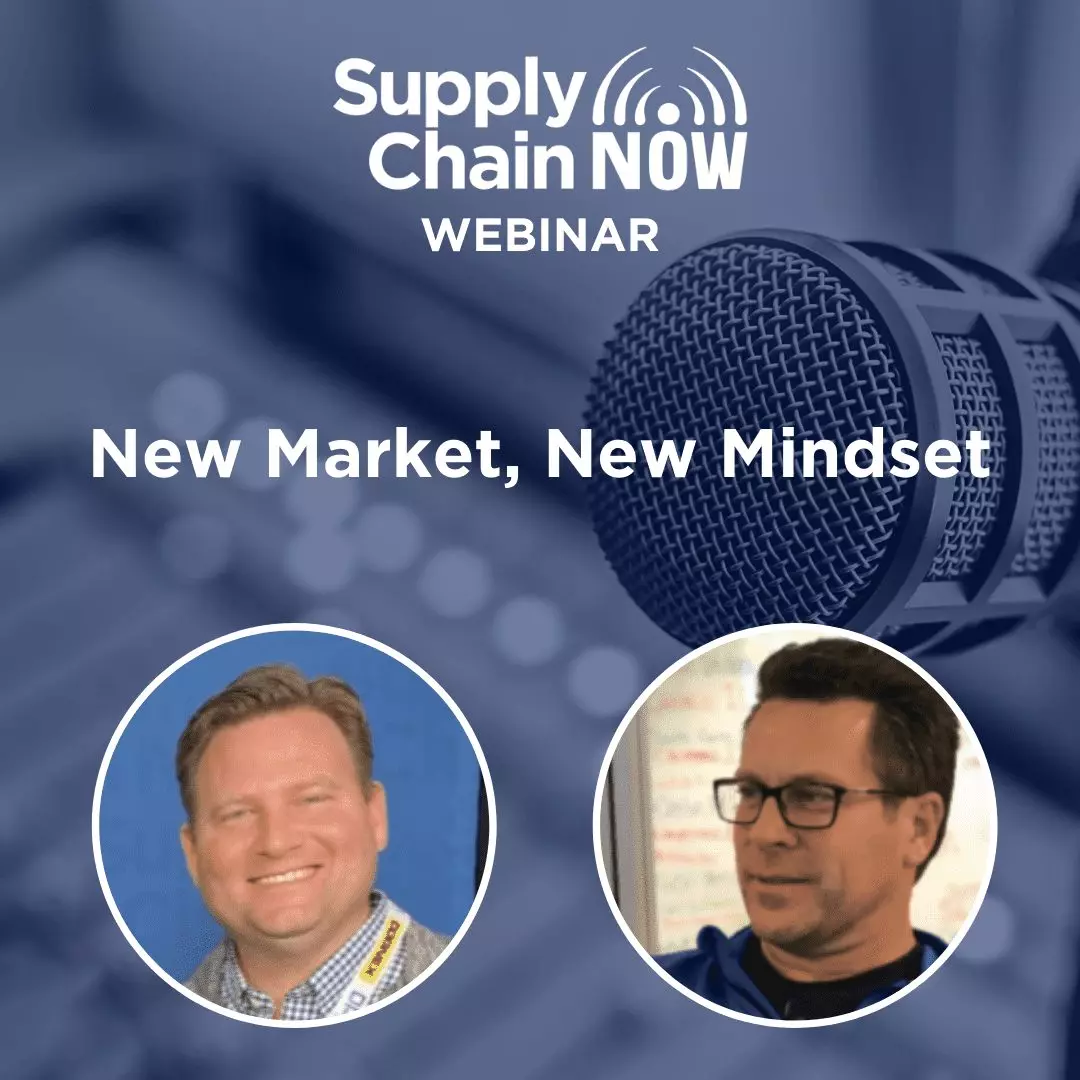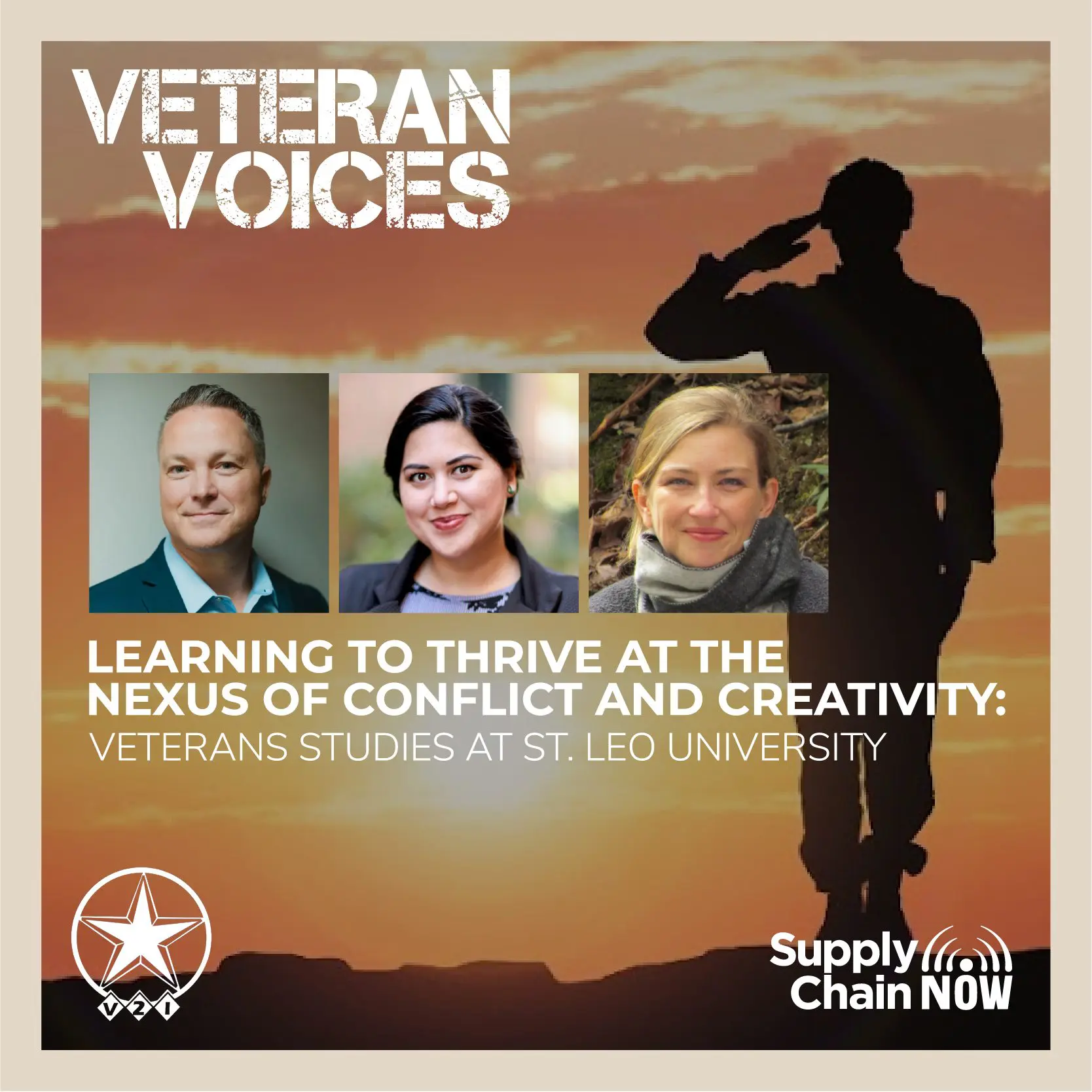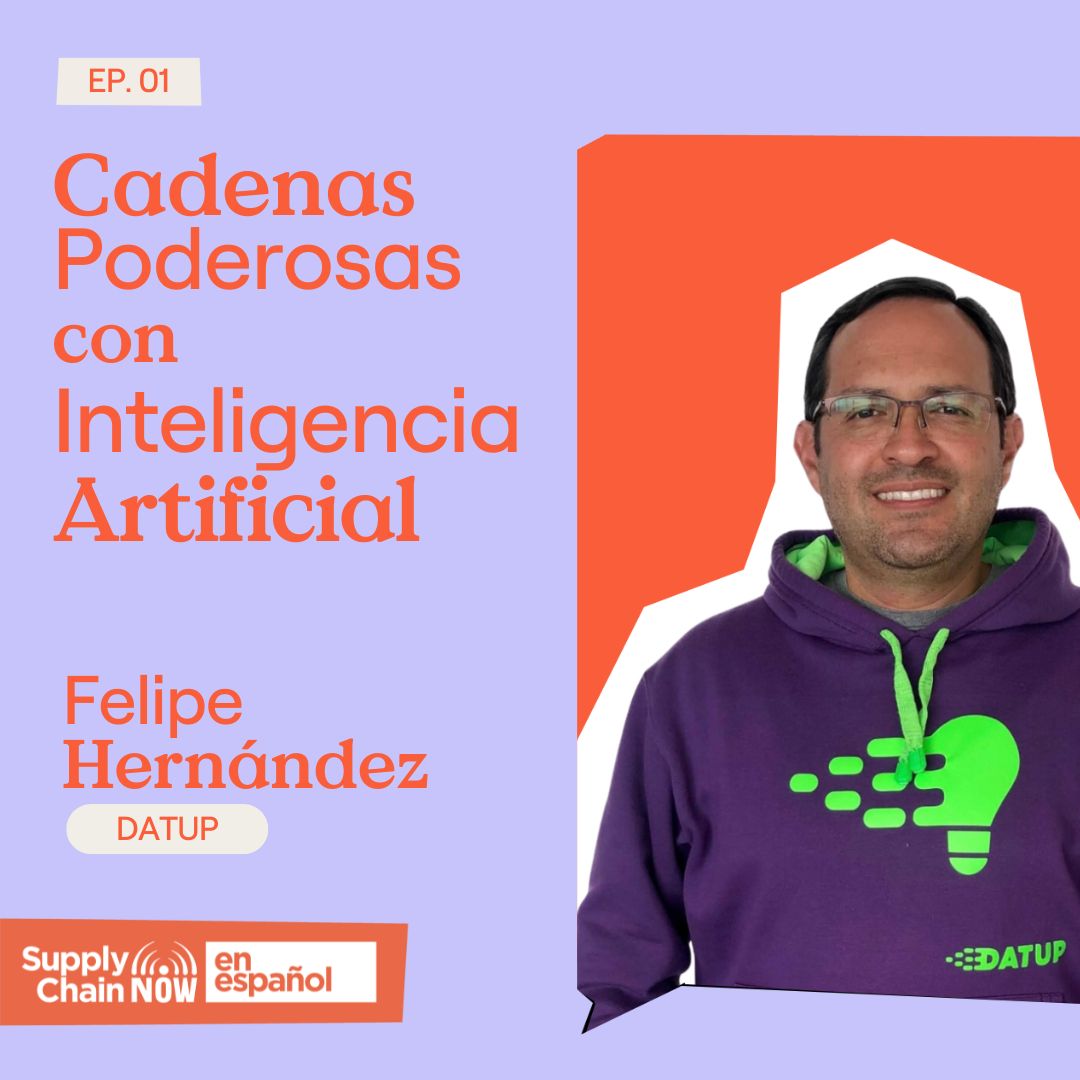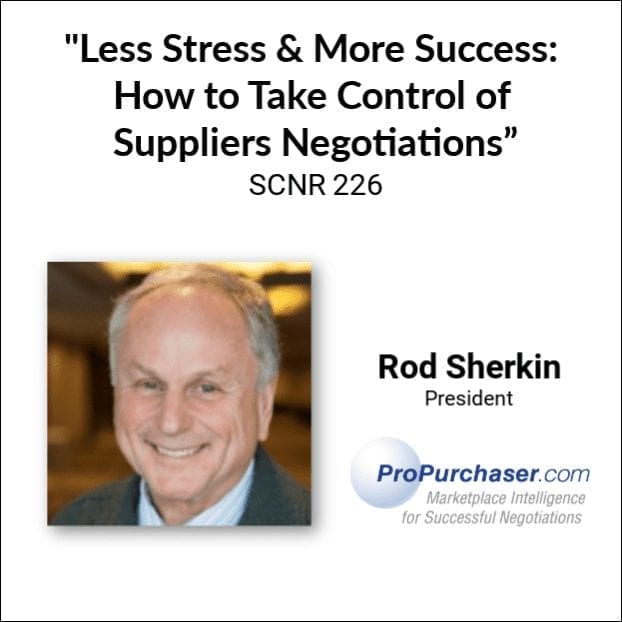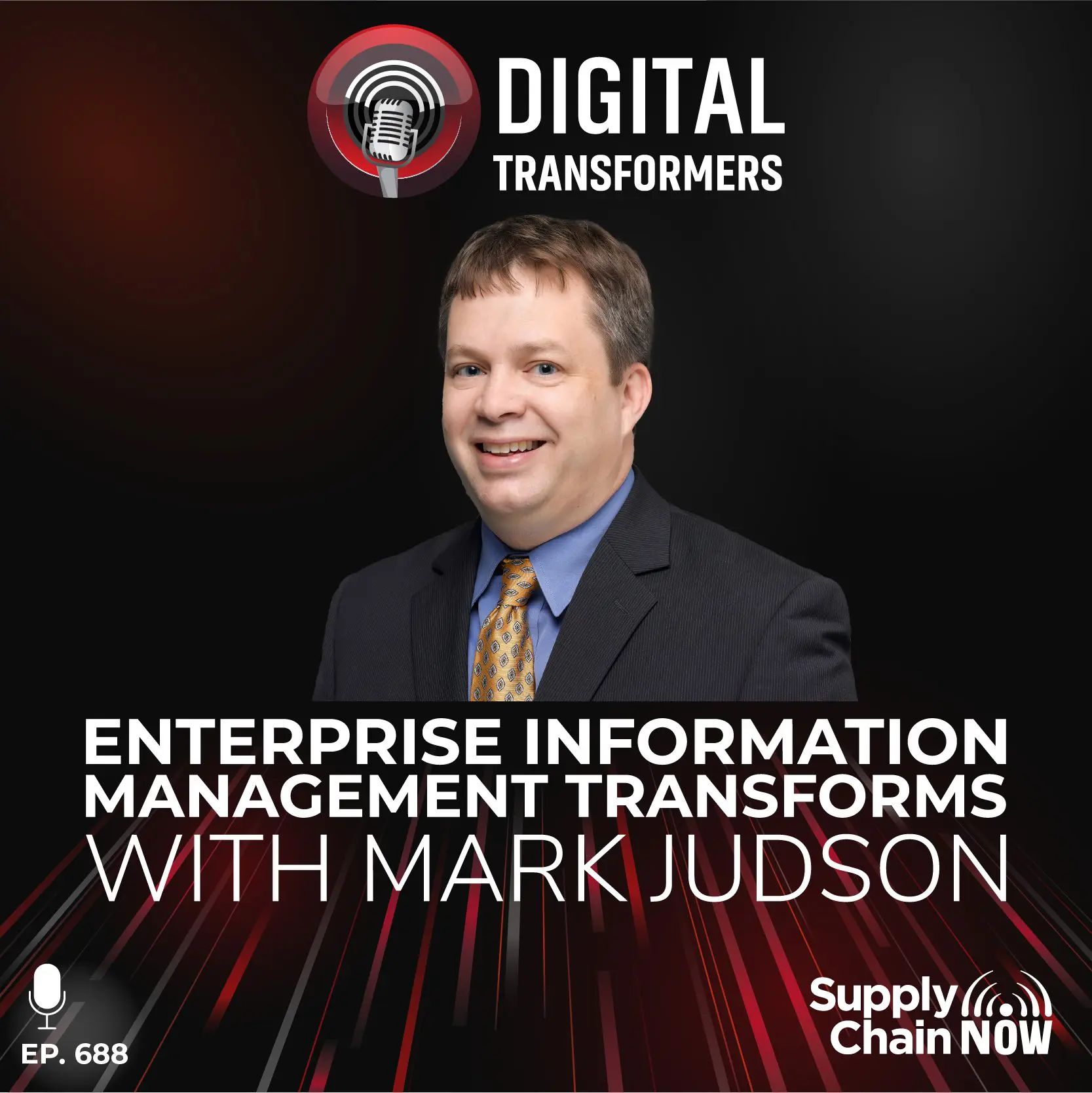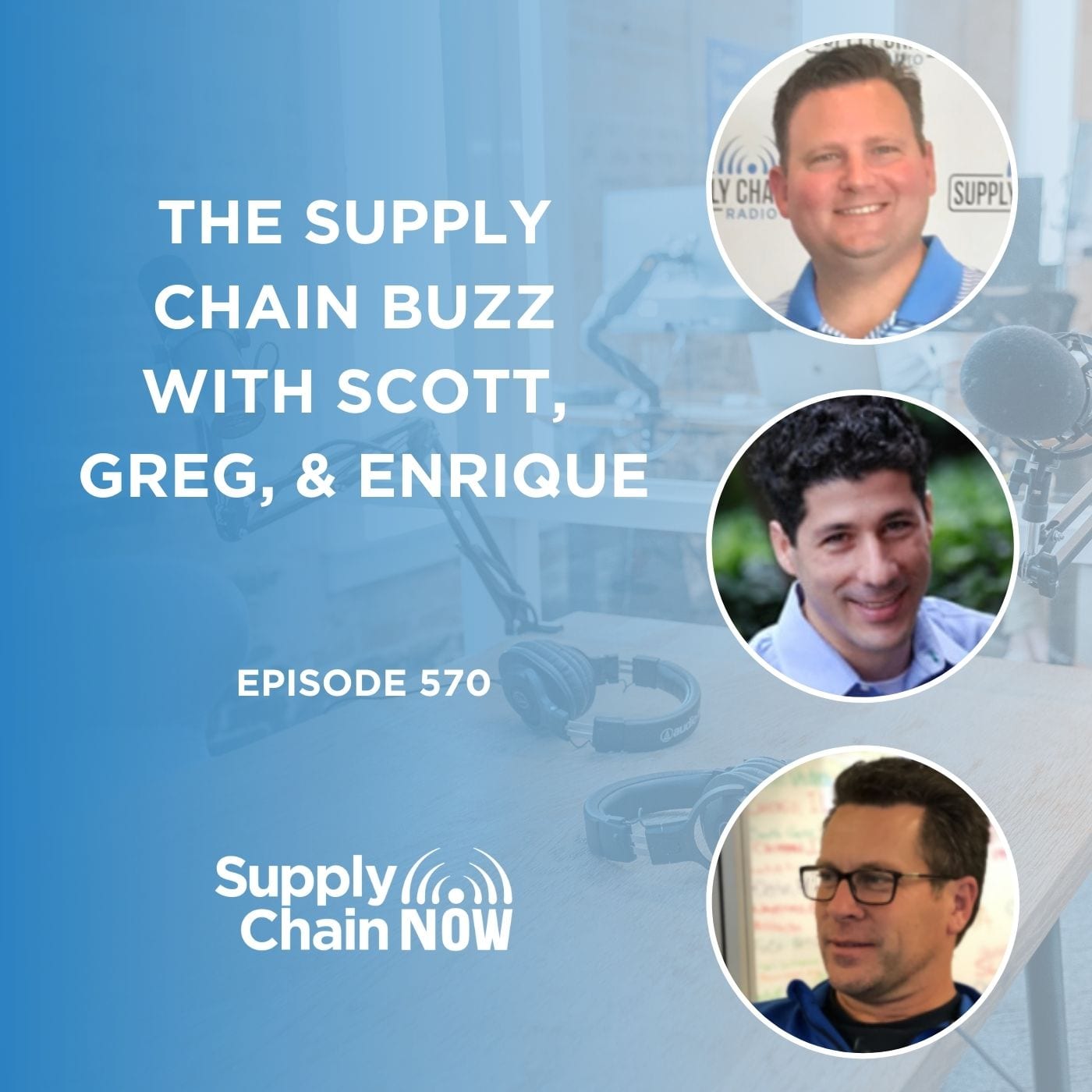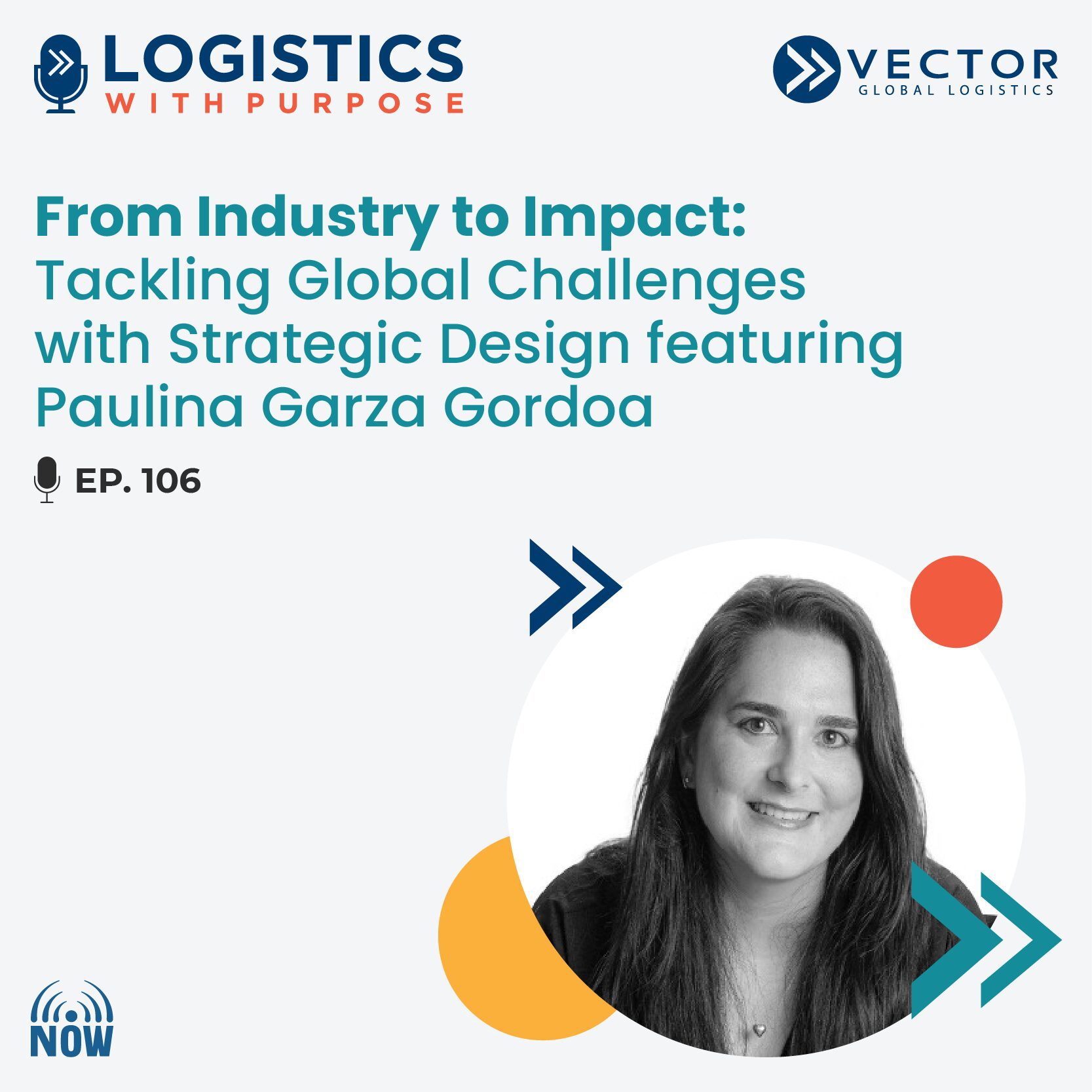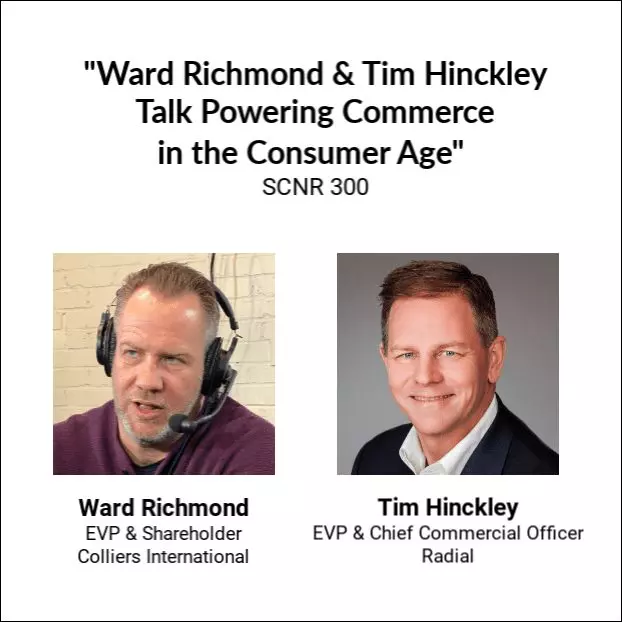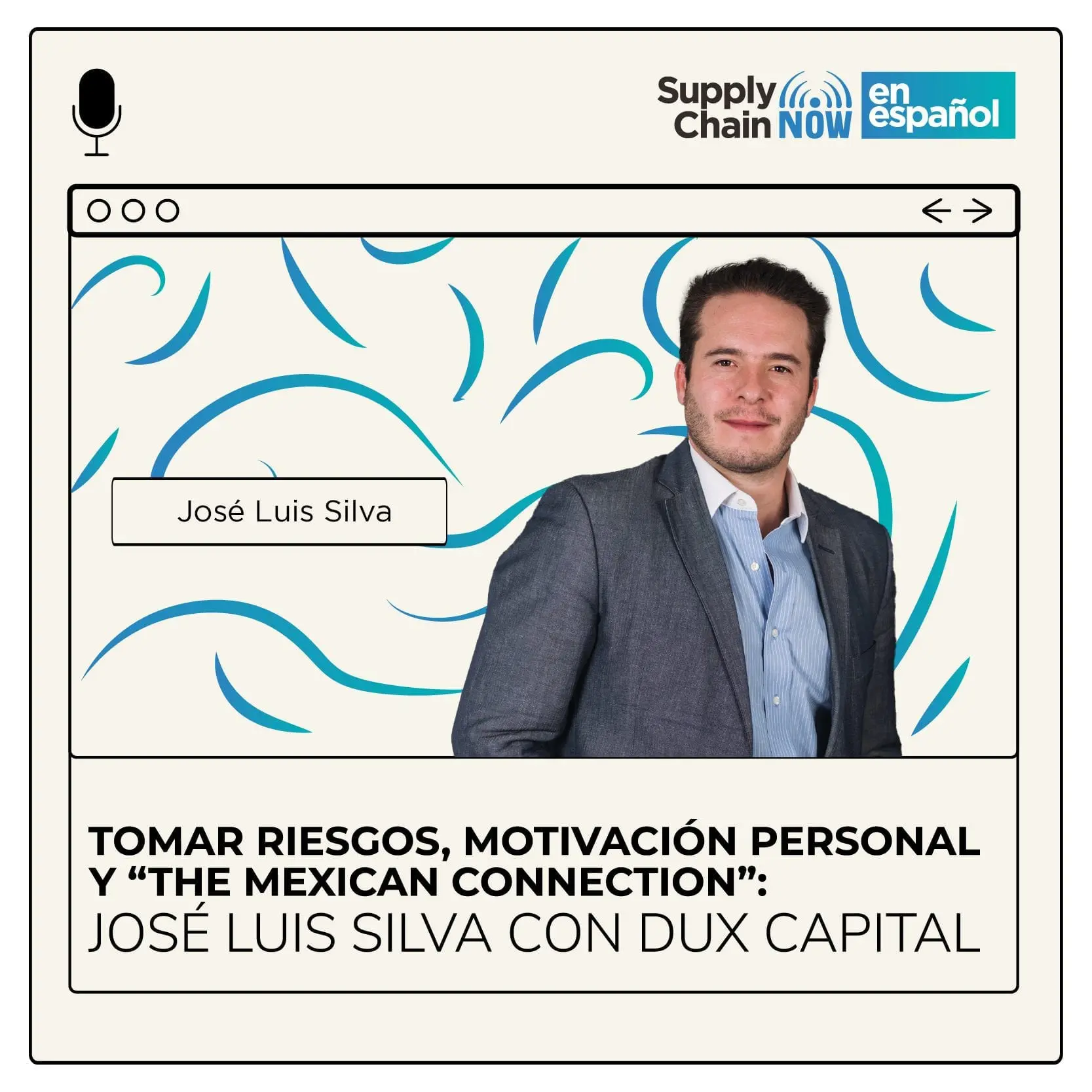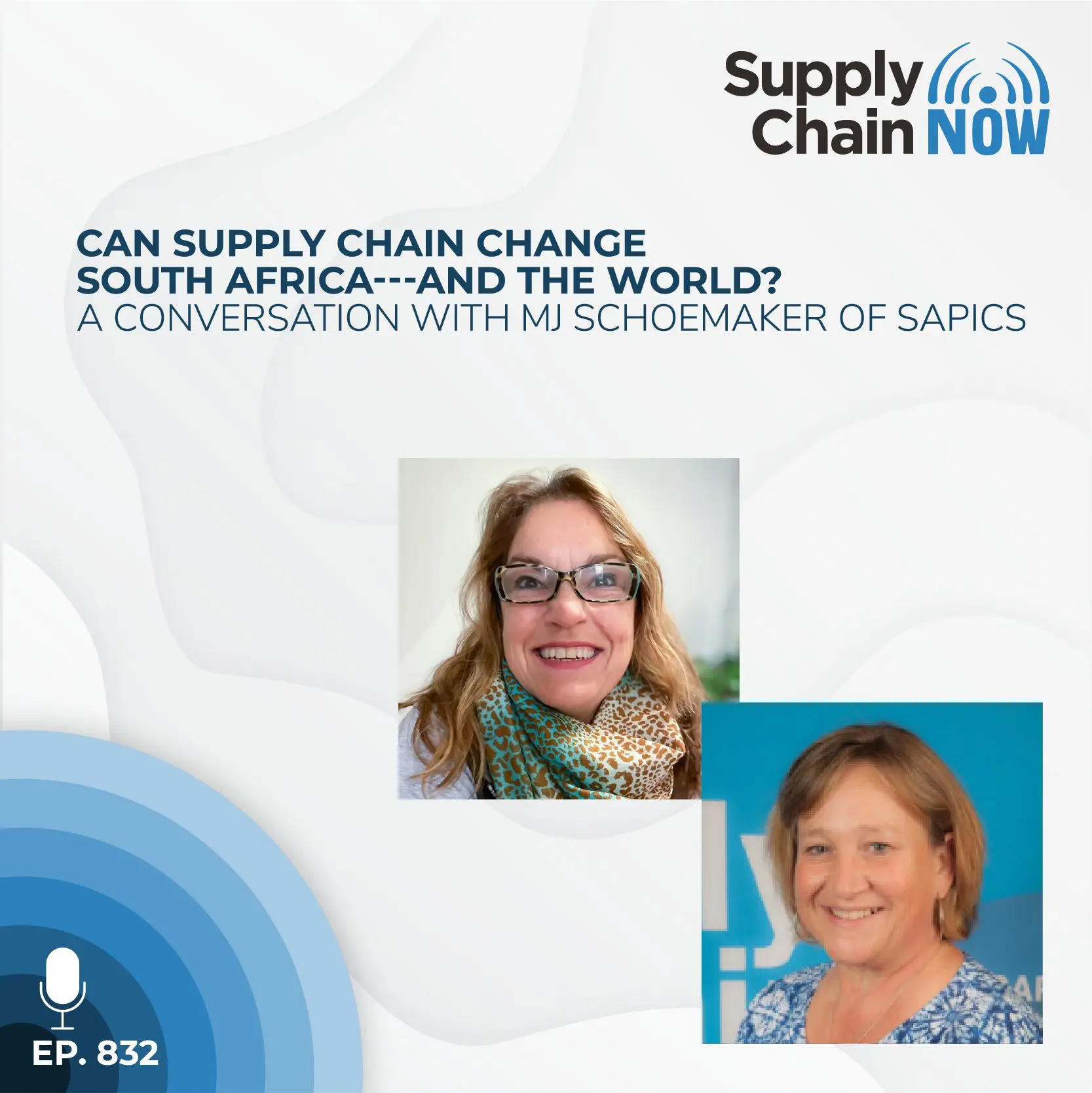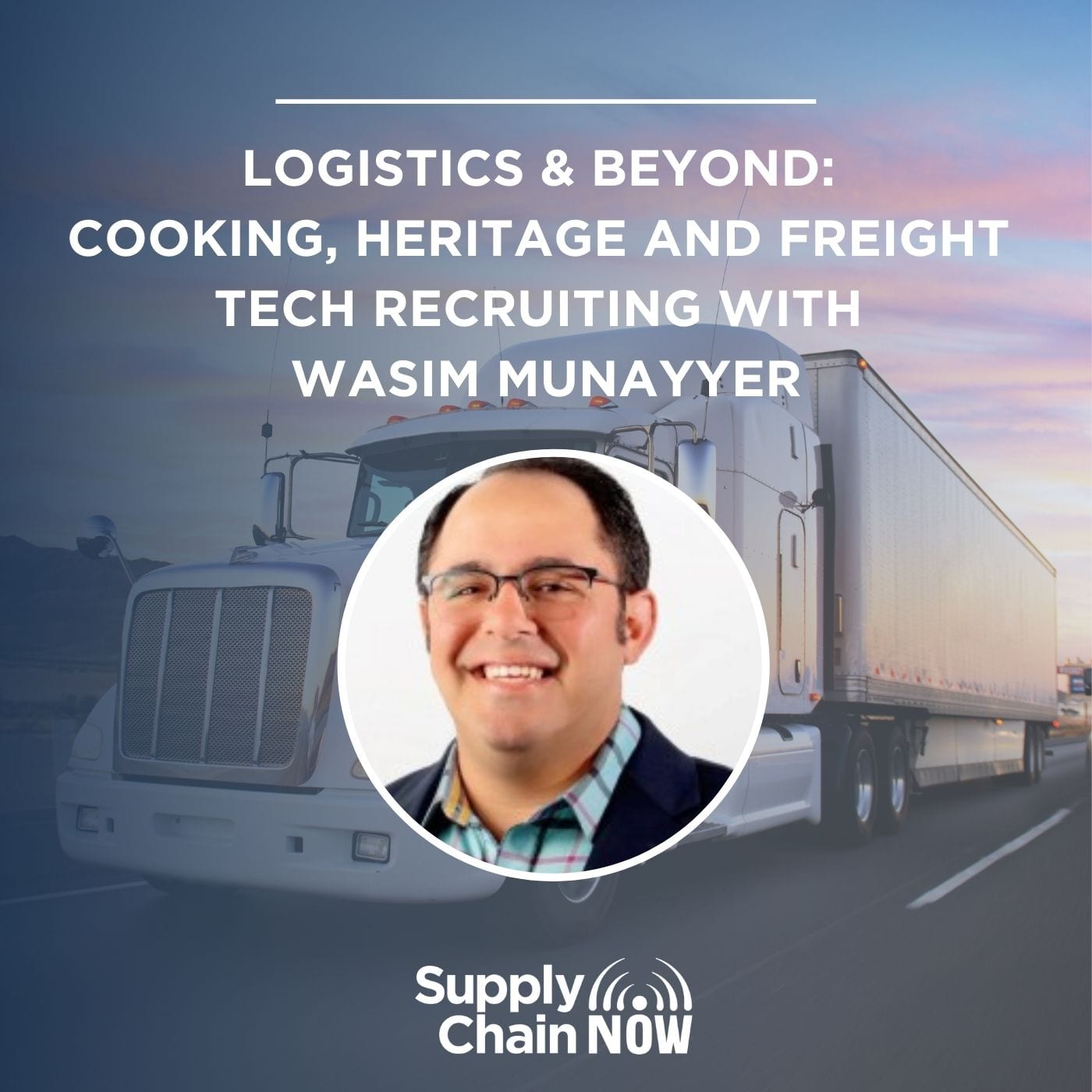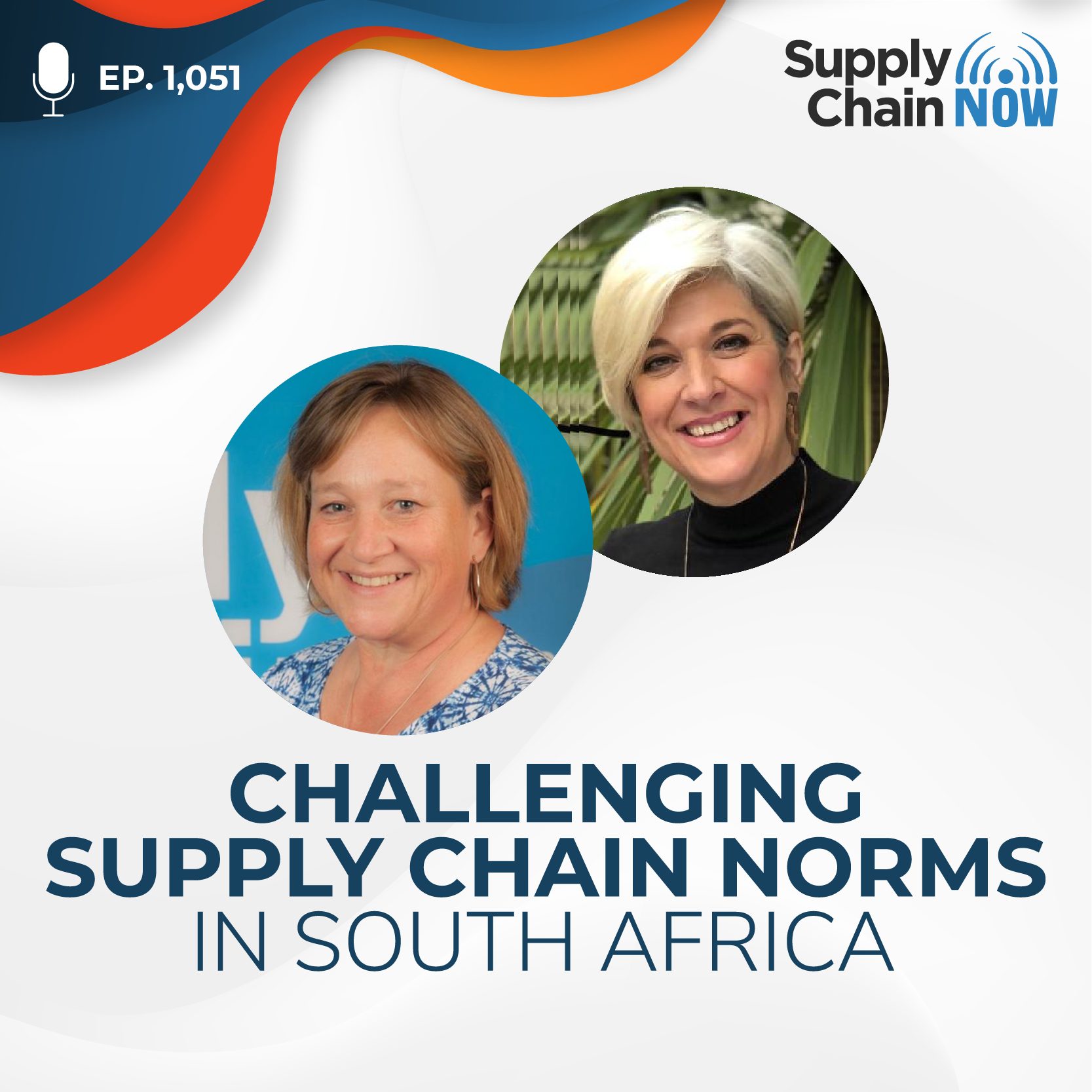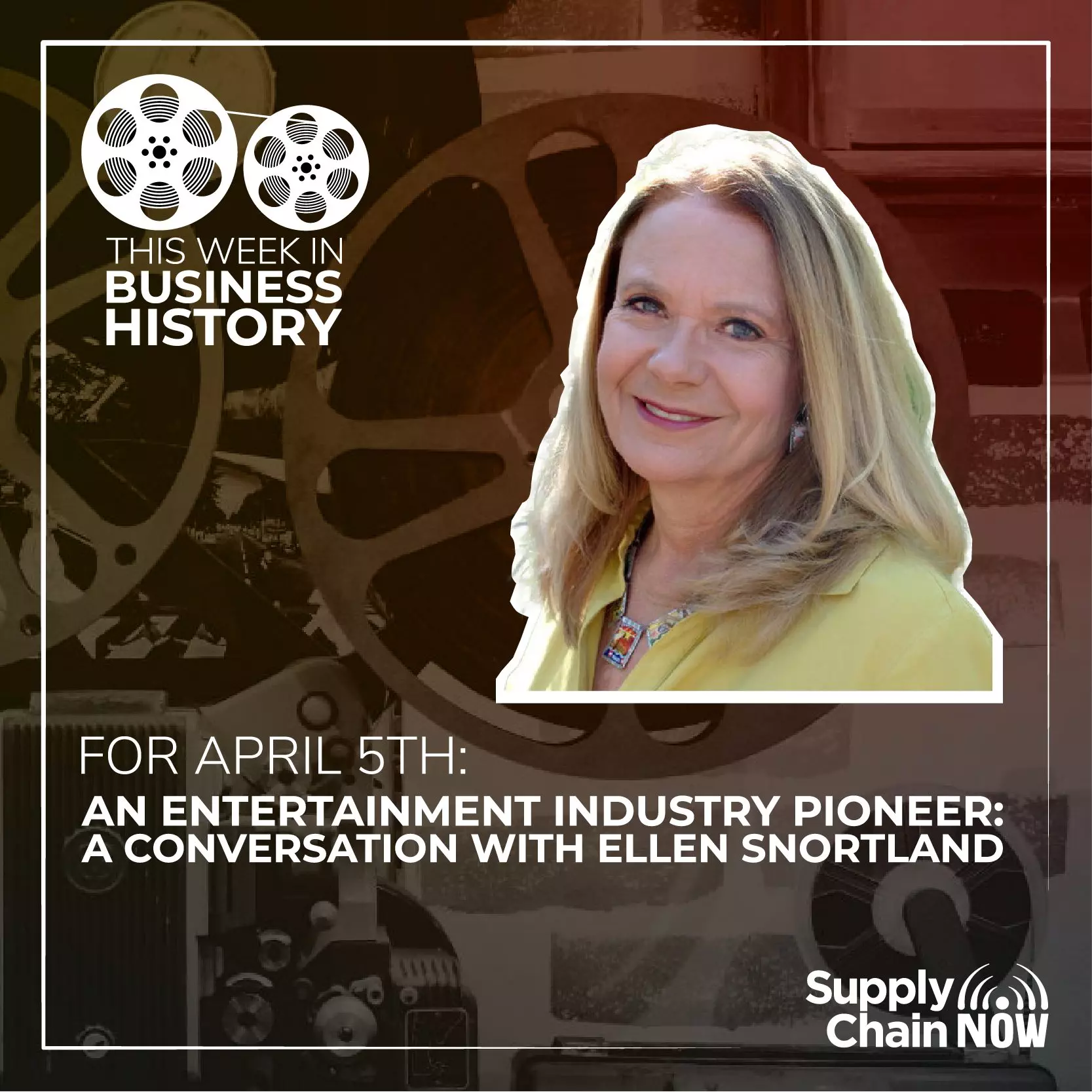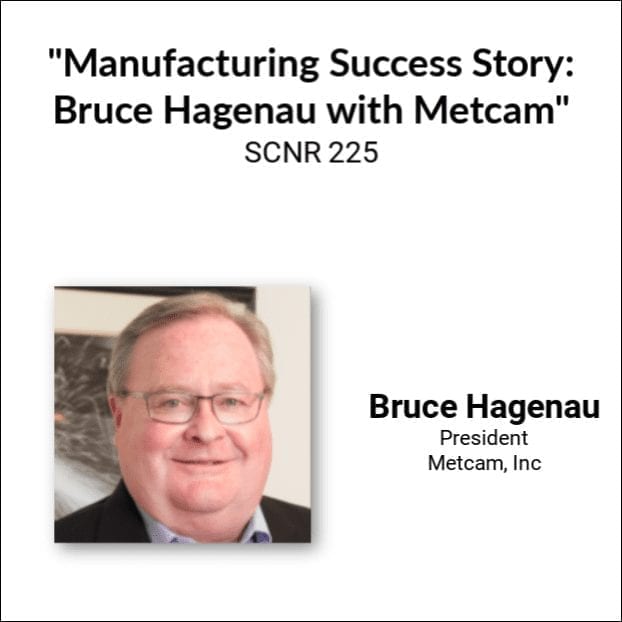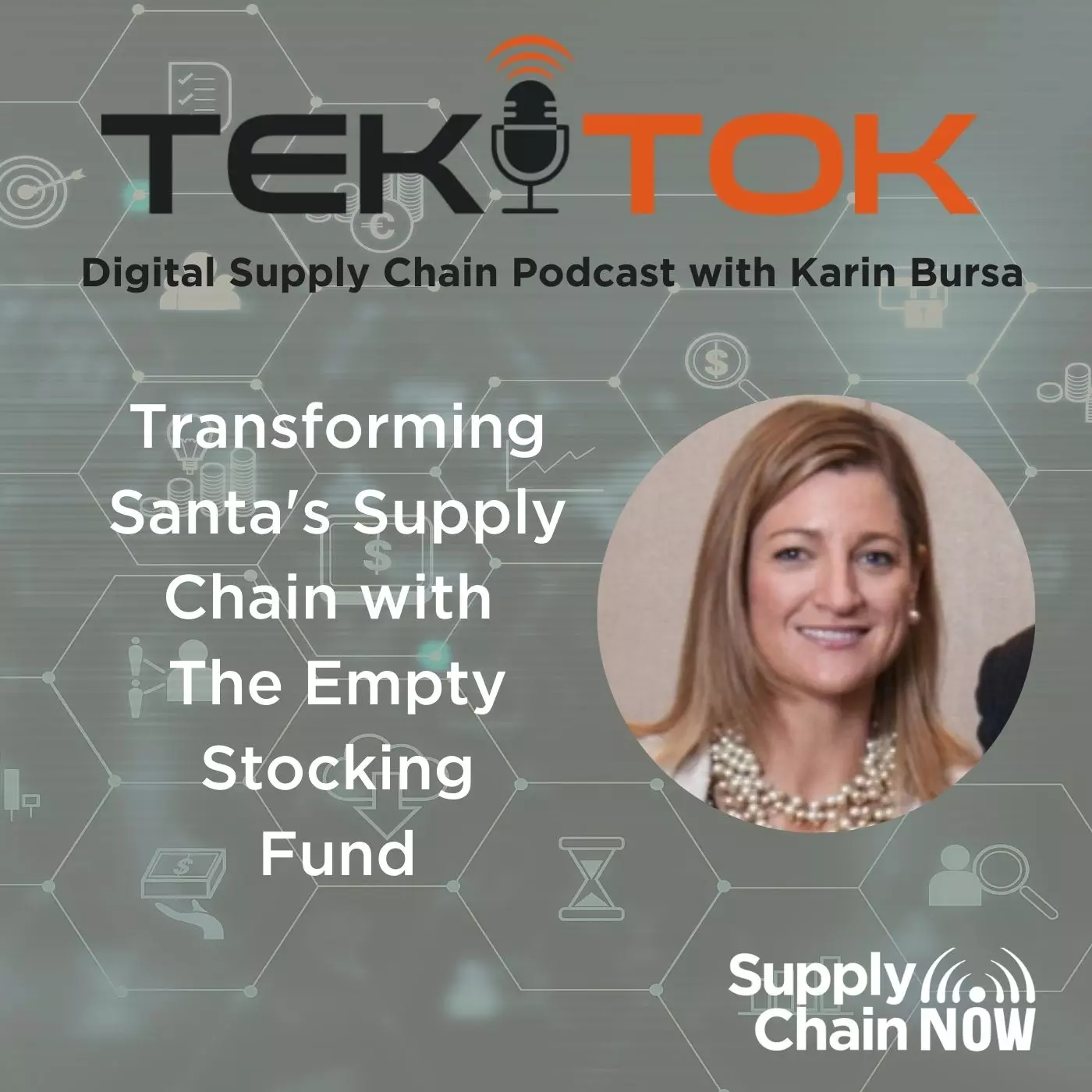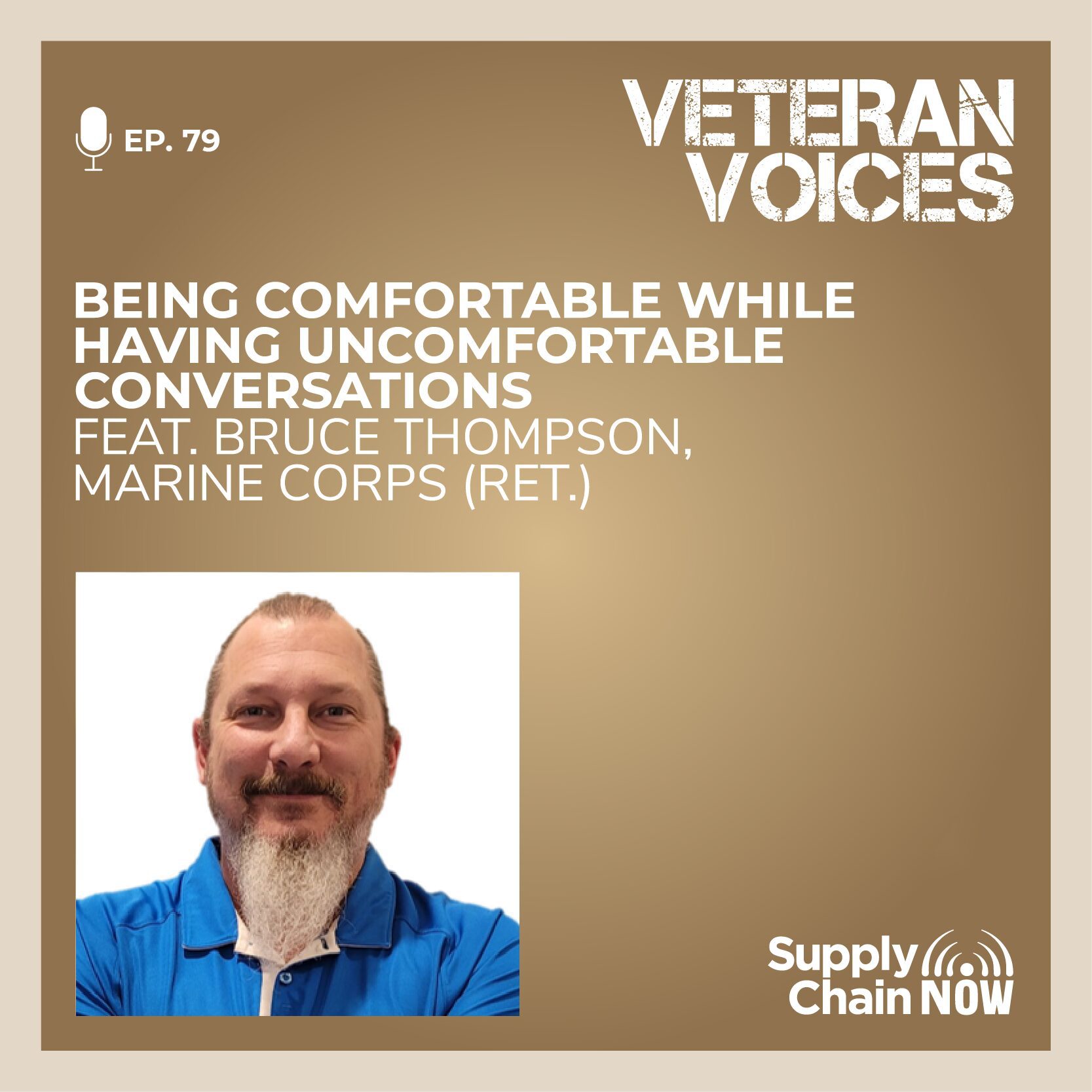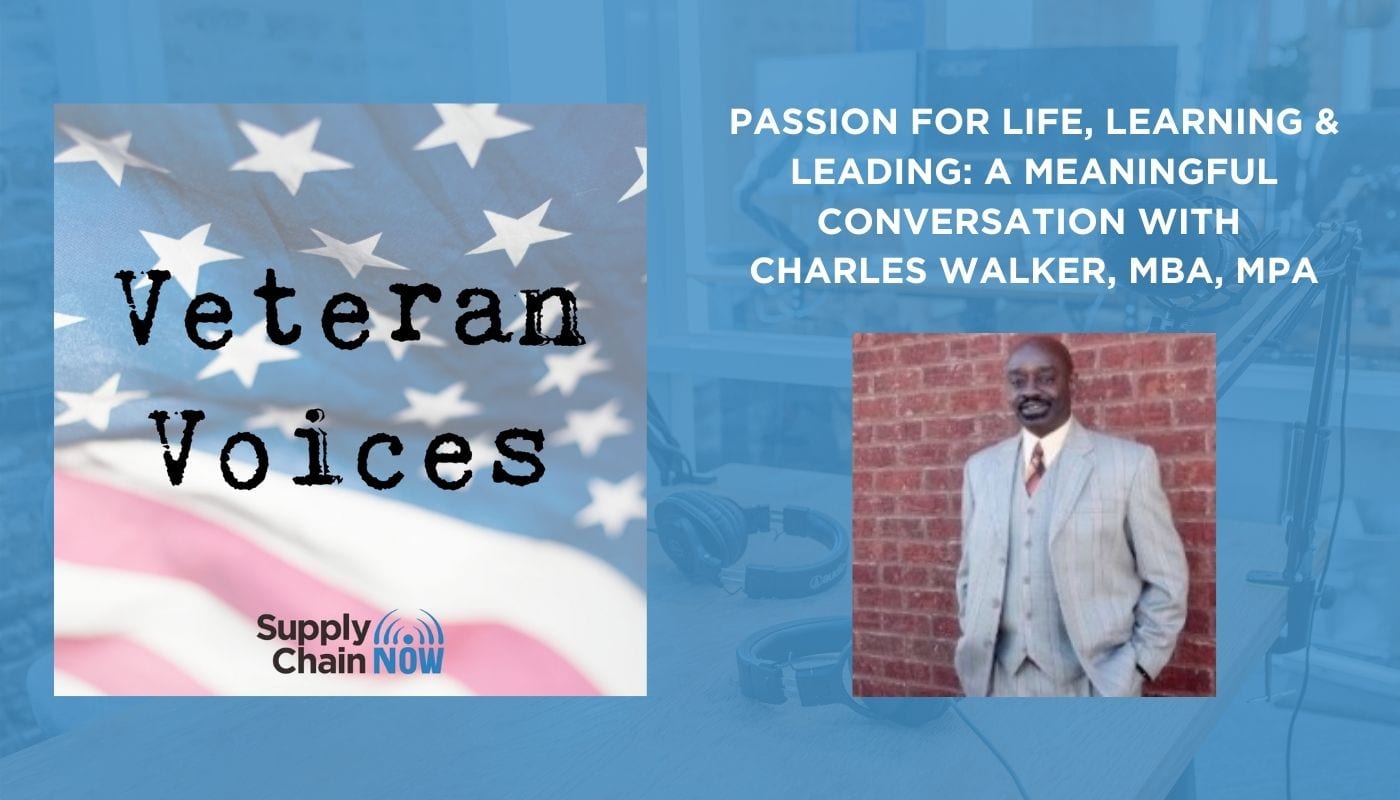
Episode Summary
“Improvise, Adapt & Overcome. You know the deal. The Airborne way!” – Charles Walker
In this episode of Veteran Voices, host Scott W. Luton interviews Charles Walker, a Veteran of the U.S. Army. In the wide-ranging discussion, Charles shares about his upbringing, his passion for constant learning and leadership, and a promise that he made his mother – – one that he delivered on. You’ll really enjoy Charles‘ “sheer, unbridled optimism” and world view.
Episode Transcript
Scott Luton (00:02):
Welcome to veteran voices, a podcast dedicated to giving a voice to those that have served in the United States, armed forces on this series, jointly presented by supply chain now, and vets to industry. We sit down with a wide variety of veterans and veteran advocates to gain their insights, perspective, and stories from serving. We taught with many individuals about their challenging transition from active duty to the private sector, and we discuss some of the most vital issues facing veterans today. Join us for this episode of veteran voices. Hey, good morning, Scott Luton here with you own veteran voices. Welcome to today’s show. So we’ve got an outstanding episode teed up with a veteran and business leader is doing big things in the global business world, especially in supply chain. More to come on that stay tuned for what promises to be an intriguing conversation. One we’ve been after to getting scheduled for quite some time.
Scott Luton (01:07):
Hey, quick programming before we get started, this program is part of supply chain now family of programming. Um, and you can find veteran voices wherever you get your podcasts, but we’re big, very thankful for our partners over@vetstoindustry.com, vets numeral to industry.com. There a wonderful non-profit that are really working hard to take care of veterans, helping them and their spouses and their families make connections and find resources. So check out bets to industry.com. Okay. With no further ado, let’s bring in our featured guests here today, Mr. Charles Walker, vice president logistics business development at Aurora global solutions and is a us army veteran, Charles, how are you doing? I’m doing great. It’s good. How you doing man? Pleasure to be on the show, man. Well, I appreciate that we have been tracking each other for quite some time and, and I, I love your outlook on life and, and the expertise and, and your thought leadership you share across social media.
Scott Luton (02:05):
And finally, we get a chance to sit down and learn more about your story. So I’m really excited about that. I am too, man. I mean, I’m excited to share it, you know, because everybody got a story and I think that the more you share the better we understand each other and we see that we have more things in common than different, you know, I believe point excellent point. And we need those bridges more than number four. It seems like here in challenging years, like 20, 20, and now 2021, but there’s always good news. And there’s, there’s a great story here. Looking forward to diving into that. But Charles, let’s start with the basics. Tell us about where you’re from and, and, you know, talk to us a little bit about what it was like to grow up where you lived. Absolutely, man, I’m actually, uh, born and raised in Birmingham, Alabama. So, you know, just knowing about the South, you know, I’ve come from a family of 13, seven boys and girls. I was the
Charles Walker (03:00):
Baby boy and I got one sister under me now. Uh, I lost my father when I was about six years old and my mom was there. She was the core of the family. You know, she had rules set for us that we would all graduate. We would all, we would all be up doing something productive in life, you know? And at the time of the young person, you don’t understand what she’s trying to steal and you, you know, with education and everything like that. But as a, as an adult older man, now I miss my mom and I give her all the credit for what she’s done for all the kids.
Scott Luton (03:33):
Wow. So much there. So if you had to point to one thing, that’s core to how you do business core to how you live your life, um, core to how you, you, you view the world that you would attribute back to your mom, what would that be?
Charles Walker (03:48):
It would be, it’s simple, you know, treat people like you want to be treated, respect others. You know, she always taught us to say, good morning. You know, when you, when you out and you see the elderly people you would, you know, on the bus, we will have to get up. If the lady was seated, she had those little core values. The things that we, we sorta mystique Nakia is today. So we try to give our kids everything we didn’t have. We should have figured out how to give them what we did have. We have respect for others. We have respect for our elders and we did things like that. So she just put those core values in me that went all the way through my adult years. And I went to the military and it just solidified who I am today.
Scott Luton (04:26):
Well, we’re going to talk more about your time in the U S army. So grew up in Birmingham. Is that right? Yes, sir. Yes, sir. Um, gosh, a family of 13. You still have a bunch of family back in Birmingham. I assume.
Charles Walker (04:37):
Yeah. All, most of my brothers and sisters are in Birmingham. I have one brother in Killeen, Texas. That was a military retired veteran and the restaurant right in Birmingham still to the day.
Scott Luton (04:46):
All right. Well, let’s talk. You want to think of Birmingham? When I think of Alabama, I’d just like, you know, me being from South Carolina, I think of food. I can’t tell.
Charles Walker (04:55):
Right? Right.
Scott Luton (05:00):
Tell me before we talk more about, uh, what made you join the military when you think of food, whether it’s family food or, or food that is really special to you there in Birmingham, where you grew up,
Charles Walker (05:11):
What stands out? What stands out is, was a place called old plantation barbecue. It was about a good block from my house. And we would often go there as a family and, and get that barbecue is the special barbecue and Birmingham is known for it. And we was just in walking distance of it. And then my mother and grandmother, they were all great cooks Southern cooks. My mom worked for a Jewish family for like 34 years. It was a great lawyer in Birmingham, a prominent lawyer. And she cooked, she learned to cook Jewish food. She hosted all the bar mitzvahs. And so I got to learn a little bit about culture at a young age. And so, and I got all that from my mother. She taught all the boys how to cook and all the girls had to cook. So I still need to cook today. You know?
Scott Luton (05:53):
So one final question about your family and I bet you could write books upon books, stories, you name it. So out of all your brothers and sisters, was there one or two in particular that you were closest to and what’d y’all do together?
Charles Walker (06:06):
Well, I got, I got one that I’m very close to and his name is Johnny Walker and he’s always been there as my pillow to I, he can listen to me and he’s always, you know, supported me on whatever I did. I was the first one of the family to go to college. So they was very proud of that. And I knew it made my mom proud that I went to college, you know? And, uh, and so that, that just that brother there. And then I had another brother and Wilson Walker is still alive today. He went in the military, went to Vietnam and came back and, and I sorta didn’t know I wasn’t going in the military then, but after the, uh, grand wreck, mid law, you know, the Pell grant act was closed out. My mom could no longer afford me going to college when my sophomore year that’s when I went into the military.
Scott Luton (06:51):
So you were full-time college student and then legislation changed. It sounds like how pal financial aid was, was doled out and, and
Charles Walker (07:00):
Reagan. Yep. I’m the Ronald Reagan. He stopped the grand Rutman act and the Pell grant was cut for it for the poor families. Cause you was able to go to college under that Pell grant. We would pay with most of your Katia, these keep your grades up to like a B. And then when that was cooked for the family, she was just a household keeper. She didn’t have the funds to do that. So I realized that I got to do something because I already started, so I got to finish. And that’s when I decided to go into the military.
Scott Luton (07:24):
Great. I hate to hear that, you know, that it’s such a, you know, access to resources, access to education, access to higher education is so important for all from all walks of life. Well, the good news there though. So that was one of the big things that prompted you to join the U S army, right?
Charles Walker (07:42):
Absolutely. But you know, unbeknownst to me, my mom had already put that drive in me to keep going, no matter what, if you want to do something, you just got to keep getting up every day, thinking about it and putting action steps together. And I’ve been doing it my whole life, but not understanding where it came from. And then when I started looking back on doing some reflection, it came from her from an early age. Um, when she was teaching me that as a kid, you can do anything you want to do. You just gotta want to do it bad enough, you know?
Scott Luton (08:08):
Well, and the good news here as well is you were able to circle back and earn degrees and advanced degrees through your journey. We’ll, we’ll probably touch on that here momentarily. So let’s talk about your earliest days. You go into basic and, and deciding what you’re going to do in army. Tell us more about it.
Charles Walker (08:26):
Oh man. Actually I started off my journey in Fort Leonard wood, Missouri. I went to the in-process station within Montgomery, Alabama. So when they took us off, the basic training was in Fort Leonard, wood, Missouri. I never had really left the state of Alabama, uh, several going to Atlanta here and there, but to be away from home like that. And it was already snowy. Cause I went in February of 84 and I went into the logistics field because I was always interested in how I used to always ask my mom, why did that truck have on it? Where’s it going? She said, well, the distribution truck is going to a warehouse. They had raw materials on it. He goes to the warehouse and they get distributed out to the people. That’s how you get what you get. And I was always interested in that. And so when I scored on a arm exam that came up, they said, well, we got a supply chain, logistic person. You want to do that? I was like, yeah, that’s what I want to do. Not knowing that it was already in me somewhere. I just couldn’t recognize it at the time.
Scott Luton (09:21):
Love that. Wow. Uh, little, did they know? You know, what, how that would play out with the rest of your career? All right. So Missouri, it sounds like cold Missouri, snow on the ground. If I heard you right. Is that right?
Charles Walker (09:34):
The other 43 that were the company and it was snowy. And I had a big awakening, you know, with drill Sergeant screaming at you all the time. And no matter what you do, we seem like it wasn’t good enough. They were just trying to get you ready for battle. But not knowing that you went in on the college fund, but I had a one drill. Sergeant told me, he said, look, you might’ve came in on the college farm, but we’re preparing you for war. And I think I had an open experience at that time from, uh, that drill Sergeant Cooper. I’ll never forget him because he singled me out. I thought he was just singling me out for no reason. But he was, she was teaching me some, some life lessons that I appreciate.
Scott Luton (10:11):
So w where, where was your first duty station? Tell us about, you know, post basic posts, any kind of follow on training. What was your first station?
Charles Walker (10:20):
My first duty station was in AIT. I went to Fort Lee, Virginia. That’s what it logistics. That’s the quartermaster school for, for training up a supply technicians, the different quartermaster MOS. I was a 92 Yankee and back then was 76 Yankee, but they changed it over to 92 Yankee, which was supply technician loaded condition. And while I was there, they had some people from the ranger battalion come up and say, Hey, we short supply people. We need some good supply guys. And all the instructor was saying that my handwriting was very neat. I stayed within the lines. Uh, and I put everything on the right card, the right way. He said, you’re going to be a good supply Sergeant. And I kept hearing that. And then, uh, they said, but you got to raise your hand to go airborne. And I’m like, I was afraid of Heights, you know?
Charles Walker (11:00):
Wow. And I went in, I was afraid. I didn’t like the riding thing in six flags. My mom took us actually laid back and I got in and the drill Sergeant said, Hey, only thing you fear is yourself. You know, you can go to airborne school. I said, but I’m afraid of Heights. She said, we will walk you through it, called a program. If it called desensitization, you said, I’m gonna take you out today. Our field, I’m gonna let you watch the planes go up in the air. I’m gonna let you just watch these things in your mind over and over again for like three days. And I’m going to put you on the aircraft. I’m gonna walk you through all the fear and individual have a parachute on your back. I was like, man, I was shaking. You know, but enhance, like I made it through, after I left AIT, I went right to Fort Benning, to airborne and basic training, basic airborne school, graduated airborne school.
Charles Walker (11:46):
And to do that, you only have to get six jumps. And I called my mom and she was so happy. She’s like, I can’t believe you. You will all be afraid of Heights as a kid. I said, I know mom, but I’m not no more. You know, I said, I’m happy to hear that. You know? And so when I went, they took me to Eric, where they was short in special operations. So he took me to the third and 75th ranger battalion. That was my first unit as an airborne, uh, station. Where was that at? In Fort Benning, Georgia Columbus, Columbus, Georgia. That’s not far from Birmingham. Right? I was close to home and I can drive on the weekend and go back home. And now I loved it. And then, uh, about six months there, the taskforce, one 60 especial operations, they will show a supply personnel with all their missions and they say, Hey, we gotta, we gotta select some guys from here to go there.
Charles Walker (12:30):
And so I, I volunteered. I said, well, I’ll go to, it was at Fort Campbell, Kentucky. So I went there and continued my logistic training with, with the greatest unit in army to date the night stalkers. And so I got to go on a lot of missions. I kept getting promoted phase. I’m like, what’s going on here? You know, I went as a private lift there as a staff Sergeant, you know, in a short period of time of four years. And I’m like, man, these guys are high speed. You know? And I got to work with some of the greatest guys in the world, man. And when I left there, I went to Alaska, Fort Wainwright, Alaska, back into the code. Oh wow.
Scott Luton (13:02):
Wow. And, and I’ve never been to Alaska. I’m assuming you hadn’t been to Alaska prior to being assigned there.
Charles Walker (13:09):
Never, never, never had been Alaska, never thought I would be there. You know, I met some of the greatest Americans there, you know, worked with some great people, learned a lot about cold weather training. We had to go through our like infantry training to stay out in the cold for a while to just survive on your own, to keep yourself warm and learn so much, man. And then, uh, just left there. And I came back to Fort Bragg with special operations. Uh, one 12 signal battalion, uh, worked with them guys in special operation support command. We had a new command center there that supported a range of battalions, all this special operation group, seven group, Delta force people. I was supplying all these people, all this top supply guy for the special operation guys, the team guys. And I was like, everything they needed. I was always the go to guy and I was kissing him. Hey, you write so neat. You do this so good. You know, I’ve always heard that. So
Scott Luton (14:01):
Yeah. So I got to ask you clearly because you don’t have to be airborne to be an a 92 Yankee, I think you said, right? No, but clearly it seems like to me that, that your drill Sergeant or your they’re your instructors early on, saw something in you and said, man, he’s great as a logistician technician. But if he goes airborne too, I mean, he can do it all.
Charles Walker (14:28):
You can do it. Right. And from there I went not only from there, I went to aerosol school. Then they sent me to Pathfinder school. She though I was doing everything that those guys were doing and I was supporting them on all the missions as well. So I became a part of the team as a, as a logistician. So they see where every mission, they said, we were going to take him, he’s going with us. So I got to go on all these world missions were guys, 18 guys doing what they do. And I was the one supplying everything they needed. So I was a part of the team, you know, from, from early on. But I didn’t know that it started from my drill Sergeant who saw something in me. He said, you’re going to be good. You’re going to be a good logistician man. You’re going to be good. I didn’t realize it. You know?
Scott Luton (15:08):
Well, all right. So I want to talk about some of these people you served with here in a moment, but I want to ask you a question kind of tongue in cheek. Cause we think of, uh, of the supply folks in the military, they’re the folks can get their hands on things. And there’s a, there’s a, in that green Berets movie with John Wayne, there’s a, there’s a great moment where they’re, I can’t know exactly what it is, but you see the supply on top of a, a pallet that a helicopter is, is taken off and he’s like, you know, slit. And cause he, he found a pallet of something they needed in a Ford Firebase. And you gotta tell me, did you have any moments close? Like that
Charles Walker (15:43):
Planning, planning, but they, the special ops guys know they will come to me and say, Hey, Hey Chuck, we need, we need this and that. We’re not authorized to have it because we’ll have to, we’ll have to justify and have to match onto the mission. You know, something was M told stuff that it was after asked for that unit on it, anything outside it, you have to justify that. Right? I met a great NCO who taught me something. He said, look, you can get anything you want for them guys in the army, you just got to justified and paper, take it to the criminal, let them sign it. And then the department arm, they give it to him because those guys are 18 guys. They got to do the mission and you got to always attach it to them. You want them to get back home to their families. So I learned how to write. I learn how to write early on. So I started writing all these approval letters, how to get the guys, what they needed. And it wasn’t nothing they needed that I couldn’t get. And they started saying, wow, man, how’d you do that? I said, it’s just in the writing. But I learned it from another NCO who had been doing it for quite a while.
Scott Luton (16:40):
Well, it sounds like too beyond being, being able to write and in, in kind of state your case and your position, it seems like you were kind of putting together business cases too, which isn’t a bad thing either.
Charles Walker (16:50):
Right? But not, you know, like I said, Scott, in our lives, sometime your life has been molded and shaped, but you just not even awareness of it. But once you become into the awareness of it, that’s when it all ties in. When you become aware of your purpose and what you’re doing, you really become unstoppable in what you’re trying to do. Of course, you’re going to meet some roadblocks along the way, but they’re not going to stop you. You know, you’re not going to stop and throw rocks at every barking dog. You know what I’m saying? Because you will never get there. You don’t
Scott Luton (17:19):
Think that’s a Winston Churchill quote,
Charles Walker (17:22):
Right?
Scott Luton (17:24):
Oh, that one. Yeah. Um, yeah, cause you can’t, you can’t give into the noise. Right? You gotta look for the signals. You’ve already kinda painted lots of pictures between my ears. I love kind of how some of the anecdotes you’ve already kind of shared out. Let’s get some names of let’s. Let’s talk about some of the folks that either they worked for you or y’all work together or maybe, maybe they worked or, or you worked for them who are some of the special people that, that you served alongside in the army. Man, it’s so many,
Charles Walker (17:50):
Right? But it’s three that I think come to mind. That was very instrumental in me being who I am today and how I think one lady name was Colonel Eugene Eugenia Snead. She was my key female commander of all male non-commissioned officers in the airborne. And just her leadership style was inclusive. She, she listened to the NCLs and she always told us he was the backbone of everything she’d do. She said, you’re opening. Say anything to me constructively. That’s going to help the unit to do what we need to do and to fit the organization’s structure and what the command wants. Right? And so I listened to her and I still talked to her to this day. There’s another guy, CW three Jerry land grant. He was, he was my, he was my boss in one 60 taskforce. This man was a special man. I was a private.
Charles Walker (18:41):
And he taught me how to do supply chain logistics the right way. You know, I would give him paperwork and he would turn it back into me. He said, it’s got a problem with it. You figure it out. And he would always tell me, I want you to be the best and what you do in this adjusting thing. You know? Cause we need people that know what they’re doing because we got real world missions and what you order and requisition gotta be the right thing the first time. And I would go to him. I said, I don’t see the mistake. He said, you gotta look deeper. Find the mistake. If I tell you the mistake, it is one. And then he explained to me why I need to put that code in there or whatever, to get the right aircraft part or something that went to a little bird or something like that. And so I respect this man. So he passed away when they broke my heart. But the things he taught me, I still do today. I always look at my paperwork when I requisition something. I’m always thinking about him when he said do it right.
Scott Luton (19:31):
Well, it sounds like his standard was, uh, measures above the actual standards of which really? I mean, gosh, just a little bit. You’ve already shared. And what I know about you, Charles, but it seems like the standard you have for yourself, you all got along. Great,
Charles Walker (19:47):
Great man. I’m talking about no, I went to, when I went to aerosol school, I was going to, he let me go. And he said, the first week we were doing repair repair time, time to things down. And if you couldn’t make the timeline, you, you get put back a week and he came over to visit me. He say, you bought the grad rate, but that’s the way I got put back a week. So he said, well, you stay here till you get it. You stay in the school. If it take you a year. And at my graduation, he said, I knew you can do it. You just had to get a seat. I said, you get out your own mind. You can do it. And then finally the greatest commander was a Brigadier general Sharma Holland. He was a general and this guy, man, he used to come in my office and would tell me life lessons.
Charles Walker (20:32):
You know, he didn’t want to retire me and everything. He’s no longer here with us, but he see with me, you know, he would take out time. He was kind of leader that you knew he genuinely cared about you. It wasn’t fanfare. None of that he’ll know when your spirit was low here to say, Charles, what’s going on. I was like, sir, I got some things going on with the family. He said, can you fix it? Then I said, yes, sir. I think I can’t. He said, well, let’s work on that is everything. Life threatened. You ain’t, you ain’t hard. Nobody. We can work on it. And we gonna put action steps together to get that done. And that was the guy that retired me, man. And I always think about those three people, man. I keep their name in my journal because they was very instrumental in who I am today, man. And I thank them every day and I knew it was on my path to meet them. You know?
Scott Luton (21:17):
Um, so before we talk about accomplishments, I want to go back to Colonel Snead. I think it was right. Colonel Snead. That’s neat. All right. So you shared something there that was a key attribute for, in terms of how she, and you mentioned inclusive leadership and inclusive. Yeah. Thankfully we’re hearing more about, even though many organizations, the leaders are trying to act and execute on, not on it. Right. But that’s a very hot topic now, which, which is good awareness. Hey, awareness of the challenge. We got to get more awareness on it so we can do more about it. What if there’s one aspect of her approach that made her a really successful, uh, inclusive leader? Give us an example of that
Charles Walker (21:59):
One example that she did well, she listened first and every one of our meetings, she would put out guidance and she’ll go around and tell it to all the noncommissioned officers. And she would listen to each one of them. And at the end she would put it all together and come up with a final plan based on all of our input, because she said that without our input, she wouldn’t be able to give the Colonel a real sound advice on what we need to be doing. So I liked her. She liked to listen first. And then she tried to get a sound understanding of what he was talking about. And then she would always include a noncommissioned officers. So, and so my fairly, and then she would bring in her office one-on-one and if she had to chew you out, she had no problem doing that.
Charles Walker (22:48):
None, none I’m saying she was just a good leader. And what I really respected about her, she was, I was a jump master at the time. And she said, you know what, Sergeant, I got to go to gym after school. I said, ma’am why you crying. You ain’t, you ain’t, you, you, uh, you a major now you’re going to make him, you don’t need to go. She said, no, because you guys are jump masters. So enough of me to lead y’all effectively. I need to know what, what it takes to run that whole aircraft like you guys. And then on Friday nights, when you guys jumped, I need to be able to jump in with you. It was amazing that she said that and she did. She went through and graduated.
Scott Luton (23:24):
Wow. That is impressive. It seems, it seems like a great person to work for and serve with. So no wonder that it had such a big impact on your journey at Colonel Snead, right? So stuff to do any of these interviews, justice in, you know, 45 minutes, 60 minutes, or what have you, because there’s so many stories that we can’t ever get to. And so many great people, as you’ve already mentioned. Yes, sir. We don’t have time to get to. I appreciate you sharing those three. We probably won’t be able to do your accomplishments justice either. But if you look back on your career, uh, in the military and U S army, what’s one or two accomplishments that you know, you’ll be telling your family about your grandkids, about your colleagues, about for the next a hundred years.
Charles Walker (24:07):
I think I’ll be telling them to just, you can do more. Your body can do more than you think it can do. You just gotta to get with the right, right mindset of people or your surrounding. We used to go on eight mile road marches. And I was like, man, we can’t do this. Or we’ll call cadence. And when you call him cadence, you don’t realize how far you’re running your mind off the task at hand. And you can really endure more than you think you can, you can push your body more if you don’t have the feel of it. You know, it’s just a lot of times you doubt yourself and you have fear. And then you just like me being afraid of Heights. Now I’m, I’m not afraid of Heights. I never was. It was just all in my head. It was just something that I thought was fearful.
Charles Walker (24:51):
But I had some non-commissioned officer that helped me through that. Walk me through it and said, Hey, he’s just fear you create, you’re making a monster bigger than he is. It’s not really a monster. You just making his in your head. And I think I always tell my kids, dad, and I’ll be telling my grandkids the same thing to just keep pushing yourself till you can get to where you want to be, do what you want to do and have what you want to have. You can, but you just got to want it, want it bad enough. And I think the military is a good way to show that. And with the comradery you get, you get to learn about people from every walks of life. My first roommate was a guy from Maine. He said, Charles, you know, I’ve never even been around a black guy, man. He said, I’m from Maine man. He started, we started calling it a salt and pepper, you know, for, you know, because he, he said, man, it’s nothing. Like I thought, man, I’m your roommate. We was like brothers, man. And he would have never met me if my, for the military.
Charles Walker (25:43):
I think things like that is inclusive. And you all got a mission. You gotta, you gotta a mission. That’s bigger than yourself. I think you should make things bigger than just you, you know, when you go outside of yourself, don’t be selfish, but make the mission bigger than you. You can do it. But when you just focus on yourself on it, it’s kind of hard.
Scott Luton (26:02):
So you mentioned earlier, it seems like for reflection is you value that and you’ve seems like you’ve walked back through and figure out those lessons learned as key people that you’ve, you’ve worked with. Key, key lessons you learned from those folks, but you also, don’t taking a big note of, is just that this transparency and this authenticity, Charles, that you bring to the table, have you, has it, have you always been like that or did this come after a period of reflection as well?
Charles Walker (26:29):
I think, I think it always been that way, but as I got older and started doing, being in leadership positions, it just came. I became aware of it. I think that wherever you are, you know, awareness goal, your energy goals, like when your awareness to go somewhere or your energy flows to that. And so I had to get an understanding of, of everybody. Everybody got something to say, everybody got a story, man, you got to listen to people to understand what he come from because we always, we come from different places. We got different belief systems, different understanding of each other. But underneath the core of it, we all human beings and we all want the best thing for our families, our friends, and we want to live good. Everybody wants that. They can deny it or whatever, but it’s true. You know? And so when I learned that I just started listening to people more than I talked to them.
Charles Walker (27:13):
I just listened. And then I get a better understanding of what he coming from. So I learned to listen, even in leadership roles now around the table, I pick up some things from crushed knee. I pick up some things from the general, from, uh, from general Sharma hall, this land graph. I just keep all those things. They taught me and I laid it, bill, my character, who I am now. And it works well with people that I work with today. I don’t really have all the challenges I see on, on the new, which I don’t really look at. I look at like shows like this. I look at YouTube and I get some positive in my head early in the morning, every day without fail. I go to some positive. I give thanks first. It’s a little bit. Thank you for waking me up. And then I see anything that happened today. You and I can do it together. And I motivate myself early in the morning. And so now whatever I face, it’s not going to be that difficult. It’s not, you know, but if I just go up there nearly daily with no awareness, I’m going to run into some problems upfront.
Scott Luton (28:05):
Right, right, right. Wow. So let’s talk about your transition. I think that there’s anything that, you know, since I got out no two and, and have been networking with my fellow veterans combat veterans, for sure. I’m not a combat veteran. And even sadly to this day, so many folks are still struggling with that transition. Now the good news out there that we talk a lot about is corporate America has really put more, put more action behind helping, right? They’ve put budget dollars aside to hire veterans, very intentionally better and spouses of military spouses and, and put some programs there, but still we’ve got a long way to go. But where we really eliminate a lot of these common and unique transitional challenges. So tell us about your transition and tell us, you know, was it harder than you thought it was easier to tell us about your transition?
Charles Walker (28:55):
I think my transition, what I did and I tell any veteran now and I did it well, I took six months before I retired. I knew I wanted to retire my parent Shama hall. He didn’t want me to retire, man. You’re going to make some money. You going to do this? That’s it, sir. I said, I’ve been at a seven for 10 years. I made EA I’ve been in all the positions. I’ve done everything. I said, my brother told me when he left Vietnam, he said, you’re going to know when it’s time for you to leave. And that day I just said, you know what? I just, when I syrup it’s time for me to go. He said, you know, they asked me, my brother told me and I feel it. I feel it. And, but what I did, I started transitioning back then it was eight cap.
Charles Walker (29:27):
You could go and learn how to do your resume. You learn. They taught you how to transition. I tell him the veteran take advantage of all those services that are available for you. Don’t be hard-headed and don’t listen and take those, those interview challenges, those questions, those mock interviews, sit there and do that because you have more leadership skills than you know about that you can transition to the corporate world. You’re just not aware of it. When you’ve been in the military, you learn about as one, two, three, four, five, six, all well, tonight you learn how to do paperwork. And that’s one you learn about as to security clearances and all this stuff. As three operations, you know about logistics, everything you got from the supply room, you get assigned for it, right? You had to go and write on the hand, receipt and account for that property.
Charles Walker (30:11):
You know about that, you know about computer systems. So just take all these things and take it to the civilian sector and use your leadership skills to transition in. Now it’s kind of difficult because you do some over 20 years, you get kind of straight minded focused on, on how to get things done. I think we have to back up a little bit because in corporate world is a little different than the military. No, we have a mission. We know we gotta do. And we just, we see that here we take the Hill. You see? So in the corporate world, you gotta just sit back, observe how they do things. No, do an observation and then just listen to how they do it. And then plant your leadership skills into what they’re doing. Just all your strengths. Give them that on whereabouts, your weaknesses. You guys capitalize on your strengths and then see how your strengths fit into their mission and vision statement of that organization. And you’re going to do good. You’re going to do good automatic,
Scott Luton (31:02):
But going back to earlier, what you’re talking about, really taking advantage of the resources that are there not being hardheaded and assuming you didn’t have all the answers, but really, I mean, going back again for me hearing you walk us through this, it takes me back to your, your self-awareness, how important that is. And so that you know your strengths, but you also know, you know, your, your blind spots and, and, and your weaknesses for that matter. And it seems like it really was critical for your transitional journey. Being honest with yourself about that. And, and again, taking advantage of all those resources that are there.
Charles Walker (31:36):
Exactly. And then, you know, and it’s even better for him now because we got, we got shows like what you’re doing now, you just can’t be afraid. You already been a leader in the military. You standing in front of formations every day. You got to talk to your troops. Are they? You brief them everyday. You got to brief generals, man. You just treat that CEO in the company like a general say, Hey sir, this is what we got going on. They just know what you’re talking about. Study. Unless they show you stuff approved. And then like, be aware that, Hey, you know that you, you have the skills. You gotta be able to plant those skills into that organization where it’d benefit what they’re doing right now. You know, don’t worry about what you used to do and how it used to be done. Just get into their program, understand their vision and mission statement and all the way you do that, go to their website and read up on that organization, read up on 40th interview, find out what they do. I do it all the time because I find out what do the VA back, who they buy from what they buy for? And then I said, okay, how can I shape what we do around that? And that’s how we get, try to win the contract.
Scott Luton (32:34):
Love it. One of the things I’m picking up here is you gotta be confident in yourself, right? Confident. You got to States, always stay learning, right? Constantly learning only be confident in what you’ve done in the military and what you know, and, and put it to use for yourself, uh, both in, in your transition. And then of course, on the other side, what else would you there’s one or two other things. If you’re, if you’re speaking right now, folks might be listening. This that are about the transition. Maybe they’re already transitioning. Maybe they’re early in their career and on the private sector side. And they’re trying to figure out how to progress as quickly as possible. Any other tips or, you know, a couple of tips you want to share with us folks,
Charles Walker (33:15):
One of the best tips I can tell anybody, study and read and follow the people that’s doing, what you want to do. Just study them. They got so many YouTube videos on people that you, you admire. You know, they got videos out there. Just studied them. They already doing what you want to do. They had to hit, they had to take steps to do that. When they put the information out there, write it down, write it down. And once you write something down, it becomes personable to you. She wants you to write it down. You were making a commitment to yourself where you saying, okay, I’m committed to myself because I’m taking the time to write it down. And then your subconscious mind will ultimately pick that up. Because when you write something down, it becomes personable to you. But follow those people who are doing the things you want to do in life. Not nobody else. You know, just look at the great guys, Andrew Carnegie, you know, all these guys in the polling here, read those books. They’re free online. Now information is everywhere. You just gotta focus on what you want to do, man. You ain’t got to go by nothing. It’s free, man. Information is free, man.
Scott Luton (34:13):
It really is remarkable. You can get degrees these days in my tea and at the prestigious universities, no cost. It really is amazing times we live in. All right. So before we transition Charles to what you do now, I want to circle back on education because where we started this close to the beginning, where we started this journey is due to legislation. And in the mid 1980s, it, it forced you to withdraw from college. And I hate to hear that. But again, the good news here is beyond the army. You’re able to revisit those higher education plays to tell us what degrees adjourn,
Charles Walker (34:50):
Man. Aye, man, I’ve got in the military and I went into this educational program where they take out a hundred dollars a month. I do check. And then you can go to school while you in at night, but you have to be disciplined. Cause you still gotta, you know, you work all day. You gotta go to school at night. And what I did at federal state university, I said, okay, I’m gonna just take a step, defends up my degree. Cause I promised my mom, I would finish my degree. So I went and got my associates and I was like, proud. That’s all I got a degree. I got my associates,
Scott Luton (35:17):
Your first family
Charles Walker (35:20):
First in the family. Then I went, I stayed at Fayetteville state. I said, okay. She said, now with a few more credits, you can get a bachelor’s and that’s he, that’s just another 14 months to all, if you could push it. I say I can, because I knew I’d be at Fort brag a little longer special operations. And then if we deploy, they were still sending my, my work to do online. And I said, okay. So I went into psychology and I always wanted to study the mind and I want them to know how it works. How do my mind operate? And that’s when I went and got my psychology degree. And then I said, okay, now what I’m going to do now? Now I know all this stuff about the mind and how it works. What can I do? And then I jumped over into a supply chain because that was my core thing I wanted to do.
Charles Walker (36:02):
I always wanted supply chain. So I jumped over and got me a master’s in business administration with government non-profits and I said, okay, then I got obsessed with education. I went back and I got a global supply chain, M MBA. Then I went and got an MPA. I just kept going into all my nine 11 money ran out. And I was still training again, you know, because I just liked learning and getting the degrees. It would not about getting the beat, but I promised my mother, I would finish. You know, and to this day I just tied it all together with global supply chain management, psychology bins, administration, masters. And I tied all in Ohio. I teach people today and I share that information with whoever I’m working with, tell them how to do it. Use your GI bill to get what you need. Don’t let the money just sit out there when it’s available. You work for that. Go ahead and go to school. I don’t care if you take underwater basket weaving it don’t matter to me. Just get a degree, man, invest in yourself as well. I’m here.
Scott Luton (37:05):
You know, a lot of folks, a lot of lesser folks would have taken that bad news and, and never would have gone back. Right? It would, it would have impacted them for the rest of her life. Exactly. You and I probably know some folks just, just like that, but that’s a great story. As we, as we start to move into what you’re doing now, that’s a lot of good news there and I love, I love how you, you not only follow through what you promised your mom, but you really seriously invest in yourself and you and you chase your passion, which clearly is learning. And uh, I’ll tell you, I, I’m not sure what all you can do. Let me rephrase. I wish I had a psychology degree to get through business life. So I know exactly what, you know, how the other person across the table is processing what I’m saying, but that’s a secret weapon, Charles, for you.
Charles Walker (37:53):
Yeah, it is. It is. And it’s coming back to, like I said, awareness, you know, you gotta be aware of that. That person got a mind to, they, they use their mind to their, to their, to their benefit based on their learning. And so you gotta use your mind, your own mind based on what you’ve learned to attract what you want. You gotta attract what you want. You can’t lie. People look, I’m working for the money. No, you’re not. You, you are tracking what you are. And once I learned that, that listened to great people like Andrew Carnegie, Napoleon Hill, or some of the old guys, Earl Nightingale, I read all, I got every book in my office in there and I read it religiously every day, man. And it’s true. Wow. And they’re saying, it’s true. These books are free online. You can download them, just, you got to read and you say, these guys were great. They guy became great people. You know, Norman Vincent Peale. If you don’t have a book for normal missed appeal, you already missing out on a lot.
Scott Luton (38:50):
You know, I’m gonna have to go back and, and write down each of these names. It’s like, I’m being challenged. I appreciate that Charles. I needed, I need a boom back up on my reading. So let’s talk about what you’re doing now. Right before we went live on the interview here, you were telling me about some of the really cool things and different ways that you’re playing a part in the noble mission, right? The fight against COVID-19. So tell us, tell us about Aurora global solutions, your role and what you’re doing,
Charles Walker (39:19):
Man. You know, it, it, it all ties in and Scott, because it’s a, it’s a veteran female on small business and, uh, she actually started it about 12 years ago. I knew her in Afghanistan. I’ve been knowing him for years and I was already working with different organizations. I worked with people like with the SIC is program manager with Raytheon Stanley associates. Some of the big company RDTs, where we had the F 15 program sending up, if the team parts to Saudi Arabia, I was the program manager for that. And so all my logistic training came in and I got with her when, when I left the last company, when I was doing quality assurance of all the parts coming in and I said, Hey, what if we partner? You know, I come in and bring my, my, um, my knowledge and experience and my, my, uh, all the people I know in specialists who always support what I do.
Charles Walker (40:07):
I got a lot of people that support what I do from my military experience. So I use those people to leverage, you know, they going to vouch for my knowledge experience. And I, I go with her to, to get bids in for VA. When they, we look at the requirements, we go to beta sams.gov, and we look for these requirements that, and then we try to shape our, our, a request for quotes. We will shape our task order to make sure that we can be, we can beat on these things. But another thing we do is we get partnerships with manufacturing companies because we might not have the funds to buy all these things, but the manufacturing company, but we go on their strength. They’ll help us by getting the contract. Then they’re going to supply the goods. And then we it’s, it’s a, it’s a win-win situation.
Charles Walker (40:52):
You know? So we create partnership with grieving with companies, and we merged all our strengths together. You know, like we might be weak in a back office support, but they might have back office support for the contract. And then everybody wins. And I think most small business need to do that. That’s what we do. But right now we are ramping up with all the PPE because that’s the hot thing going on. We was already in different classes of supply. That’s all I ever done my whole military career. But since PPE is, we’re going to keep you afloat right now, because I think the mask and the face sheets, all that stuff, not going to wear for a long time, hand sanitizer, we get all that loves everything. We get all of that right now. And sometimes we, we, when COVID first hit, we’ll be sitting around the table like, Hey, Ben is dying down.
Charles Walker (41:35):
We got to find a seat. Let’s find some creative ways. What about we donate some of the excess supplies we already ordered that we can’t sell and give it to the fire departments. The police departments around here in our local community. And they didn’t put our business card in there. So whenever they do need these again, when they do get funded, they’re going to remember us and asked me that helped us because we know when you think you run out of options in every, in every disappointment, that’s an opportunity. You know, you just gotta find it, man, you know, and then you help them. You happened to first responders to improvise, improvise a death, overcome, you know, the deal, the airport. And wait,
Scott Luton (42:14):
What I also hear you’re saying is, you know, is building these very practical, successful alliances, right? And finding the need to market and figuring out a way, you know, how, how can you, how can you leverage these alliances and what your strengths and what you have in spades. So to speak, to address that, that opportunity to market. And, and yeah,
Charles Walker (42:34):
I think you merge merged together. People always say, let’s create synergy. What do you mean? Let’s, you know, let’s, let’s look at all your strengths and then forget it, the weaknesses, because we look at our strengths, the weakness is going to be overshadowed, and then you’re going to be able to put it all, all your stuff together, man. And then you work as a United front because we can do more together than apart. Really? If you’re a small business, you can’t compete with a, with a medium size, a large business. You just can’t. So you got to try to get onto the, create a mentorship program with them some way you can learn. How did Dave stay afloat through COVID ask questions and then do the same thing. Just model their model. That’s it, that’s it, man. It ain’t rocket science, man.
Scott Luton (43:16):
Well, I’ll tell you all of your experience and, and, and skillsets. I truly believe you could get your hands on anything that your customers need and when they need it at the price they need and, and, and, and get it there reliably. Uh, and
Charles Walker (43:31):
Yeah, just in time. That’s right.
Scott Luton (43:36):
Let’s uh, and I, we couldn’t get all the many stories that you could tell. When did you, by the way, I’m going to circle way back. When did you retire from the U S army?
Charles Walker (43:45):
Exactly. 2005. I went in at 84 and a man. I was, and I missed it. I missed, I still, I, I live army every day in my mind because that’s what I am. And when I did get out the first month, the transition was difficult for me because I was missing everybody. I was missing being in charge. I would miss them. And I actually called the recruiter man. And he said, listen, you probably just have an up moment. He said, but if you call me tomorrow, I’m gonna put you back in boots. I said, he said, but I’m thinking something will happen. Good for you, man. And believe it or not, the very next morning, I got a call from Stanley associates to work at a job in Lumberton, North Carolina, doing a warehouse to erect a new warehouse. And I was being, you know, so I know that the fear set in, when you get out the military, you’re saying, okay, what am I doing now?
Charles Walker (44:33):
Because you’re used to getting two checks a month right now, when you retire, you get one. And all those airborne, all those amenities are airborne, has to do all that pays up Ghana, you know? And so you say, Oh, I don’t, I didn’t save enough money. Like I don’t, I can’t take care of my family. Like I wanted to now I gotta get something a second job to offset this so I can get back to where I was making. You know? So we gotta humble yourself that you might not go in at that first Sergeant in a new job, you might have to humble yourself and take on another job that will compensate the money you missing and then build your value up. And when you build your value, your money gonna go up, man, because you got to show your value to the organization first, right? That’s all it is. That’s all it is.
Scott Luton (45:17):
Well, I really appreciate that perspective. We hear a lot as we talk about transition with, with different folks, whether they serve one term or they, they spent a career in one of the arms arm services about how they are really, especially those that, that go back in to, to some degree officer or enlisted. You’re, you’re starting back over and you’ve got to kind of reprove yourself. And then the other thing that we hear a lot about that’s unfortunate, but stigmas are being broken every day is something so many non veteran hiring managers have certain assumptions about veterans combat veterans or non-combat veterans. And we’ve got, we’ve got some more education than we’re in us to do to break through those. But nevertheless, I love your disposition. I love your view on life, Charles. I hate that we waited this long and I’ll take all the blame because we had a couple of misfires, but more people need to hear. Yes, sir. I think your appreciation for life and, and your, your passion for continuous, uh, continuous learning and your sheer unbridled optimism. I mean, that’s where you’ve made my day here today.
Charles Walker (46:24):
And, and like a, you made my day and I appreciate you so much because without you, this wouldn’t happen. You see, so everything in time, I said, you know, at the right time, you’re going to attract the right people. You don’t have to change nobody, but the right turn, I’m going to show up and look, I’m talking to Scott right now. Don’t lie. You know what I’m saying? So I appreciate you too, right,
Scott Luton (46:47):
Charles, that means it means a lot to me. This series is so fulfilling and rewarding to connect with fellow veterans and kind of hear their experiences. And again, now we’re just scratching the surface with yours. Let’s make sure. So, so now that probably our community and our audience knows the secret weapon that is Charles Walker and, and all the things that he can do. PPE, N N, and shared logistics and supply chain. Uh, let’s make sure folks that want to connect with you, compare notes and maybe even collaborate with you. How can I get in touch with you?
Charles Walker (47:19):
Um, you can go to AGS. Whereas matter of fact, it’s www AGSM, that’s georgia.com is our as our website. And my email isCharles@ags.ga.com. And I’m on LinkedIn all the time, because I got a family on there that I love. And we, I learned so much from him. They don’t even realize how much I’m learning from them, you know? And it’s like a free PhD, you know, because those guys are smart on LinkedIn. And I tell people, I talk to people all the time. I said, are you on LinkedIn? No. I said, you’re missing out. You got some people on there that sharing some, some good knowledge, man. And as a wealth of knowledge, that is on there every day, you just got to connect with the right people. And if you stay solid and strong in your message, they’re going to link in with you. And then they’re going to do one with me and you do it right now. Scott is communicating in an open forum right now. That’s a blessing right there. Yes, sir.
Scott Luton (48:14):
I do too. Uh, and, and again, we appreciate Charles Walker, VP logistics, business development at Arora global solutions and a us army combat veteran really appreciate your time here
Charles Walker (48:26):
Airborne all day and follow him on him
Scott Luton (48:31):
On LinkedIn. I can tell you, uh, having consumed, uh, his posts and content and lessons on leadership and, and a lot more, you’re going to miss out. Uh, so connect with Charles on LinkedIn. We’ll make sure those links are in the show notes. Uh, really appreciate your time, Charles, Hey, to our audience. Hopefully you’ve enjoyed this conversation as much as I have on behalf of the entire team here at veteran voices. And we invite you to find us and subscribe wherever you podcast from. I hear you can find us on Twitter, LinkedIn, and even Instagram. Charles, I’m still trying to break the code on Instagram and Lord have mercy. I haven’t even, I don’t know what to do with Tik TOK. So I’m like,
Charles Walker (49:05):
Oh man, I’m on LinkedIn. So I’m a master that, and then I’ll do the rest later. There we go. I’m good.
Scott Luton (49:16):
Uh, if you’re listening to this and you’re a veteran with a story to tell, Hey, reach out our team. We’ll try to fit you in our production. The editorial calendar, your voice is really important. And, uh, hopefully we’d love to have a conversation just like Charles and I have had here today. Again, thanks for your time, Scotland. And you’re signing off for veteran voices. We’ll challenge you our listener. Like we challenge anyone else. Hey, do good. Give forward. Be the change that’s needed a B like Charles Walker. And on that note, we’ll see next time here on veteran voices. Thanks
Speaker 3 (49:42):
Everybody.
Featured Guests
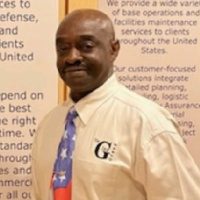
Charles Walker is a military retired Army Master Sergeant with over 20 years active duty in Special Operations Logistics. Served in mainly Special Operations Units including Task Force 160th, 10th Special Forces Group (Germany), 112th signal Battalion, 96th Civil Affairs and Special Operations Support Command, lastly Special Warfare Training Group. He worked in organizations SAIC, Raytheon, Stanley Associates, RGTS and a few others in Program Management Logistics roles. Presently working as the primary business developer for a minority owned, female, veteran small business. Our mission is to acquire government, state and local contracts related to supplies and equipment related to organizational needs and requirements. We have gained much traction with the requisitioning of PPE items required in support of the COVID pandemic. Our capabilities include all logistics supplies and services with warehousing, transportation, storage and distribution being our core components.
Hosts
You May Also Like
Click to view other episodes in this program
Additional Links & Resources
“Transforming Supply Chains to Make a Positive Impact on the World Around Us” Webinar with Kinaxis and Mars Digital Technologies
